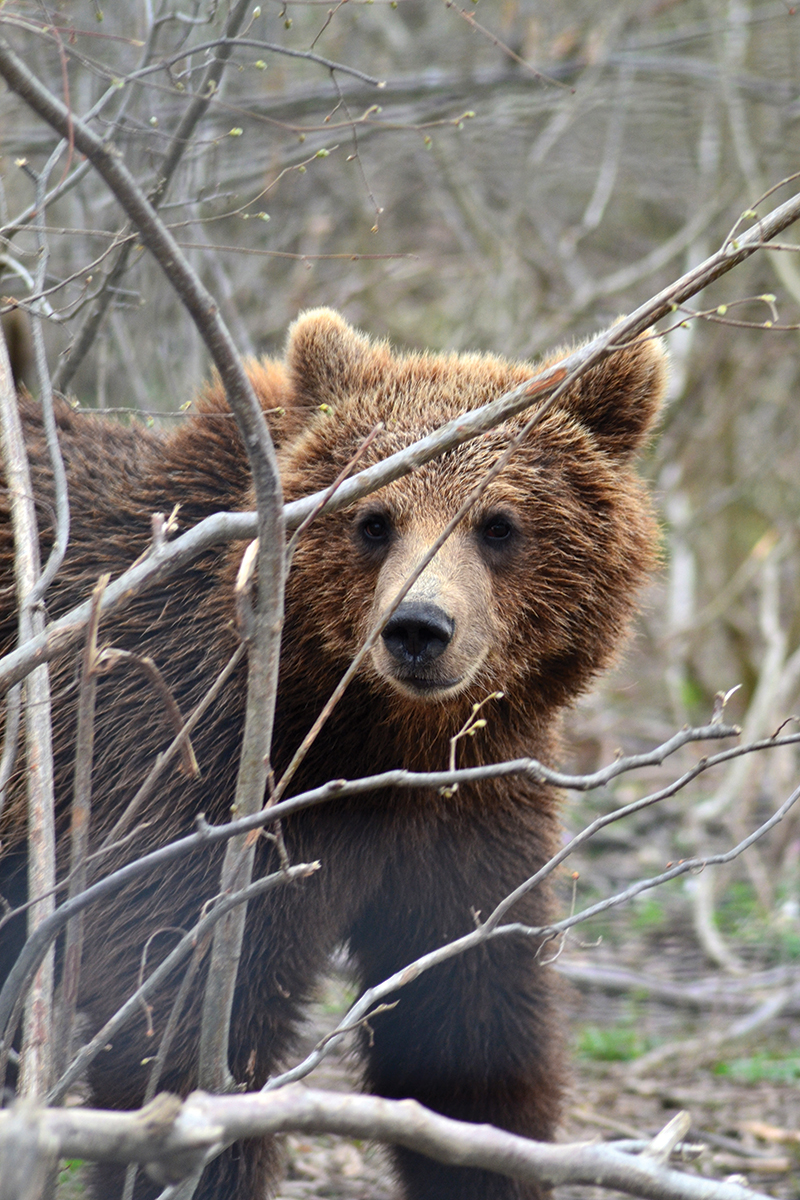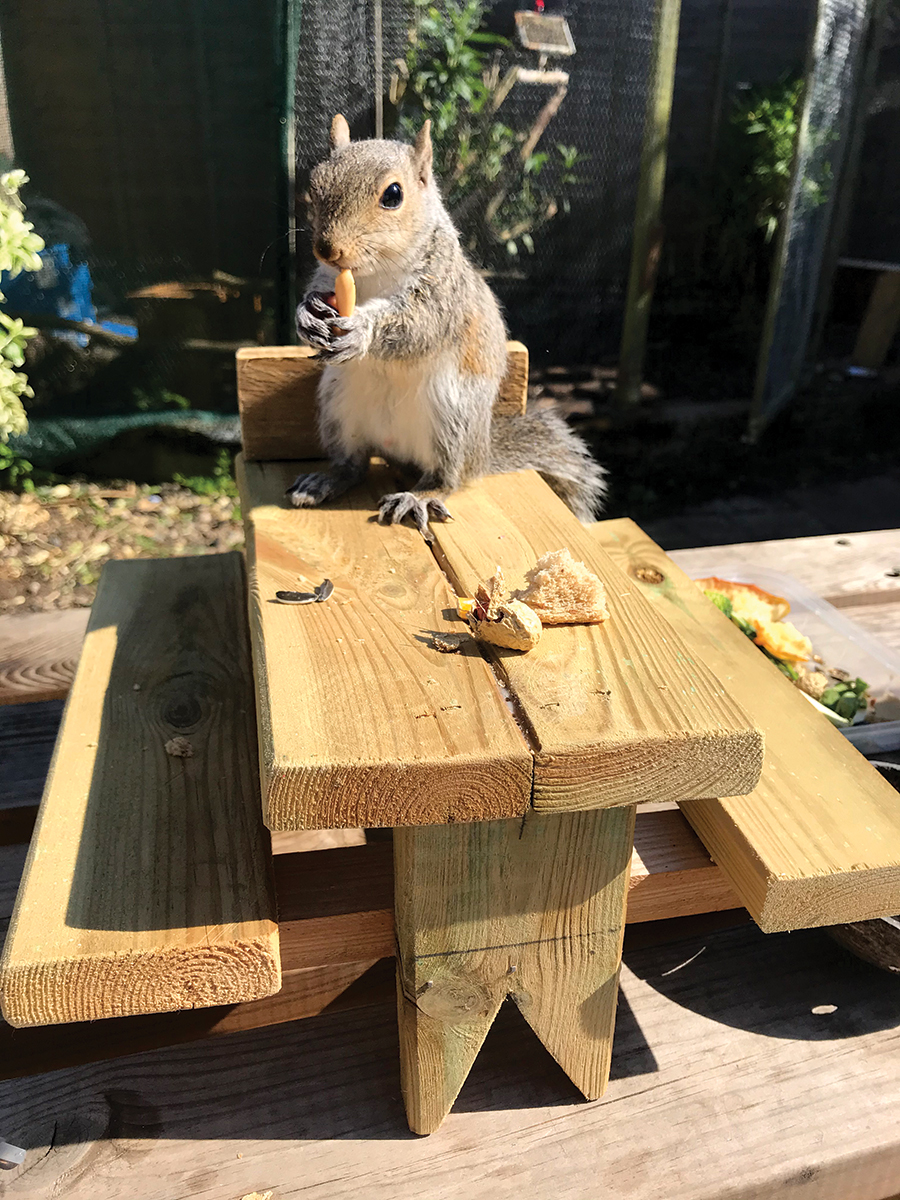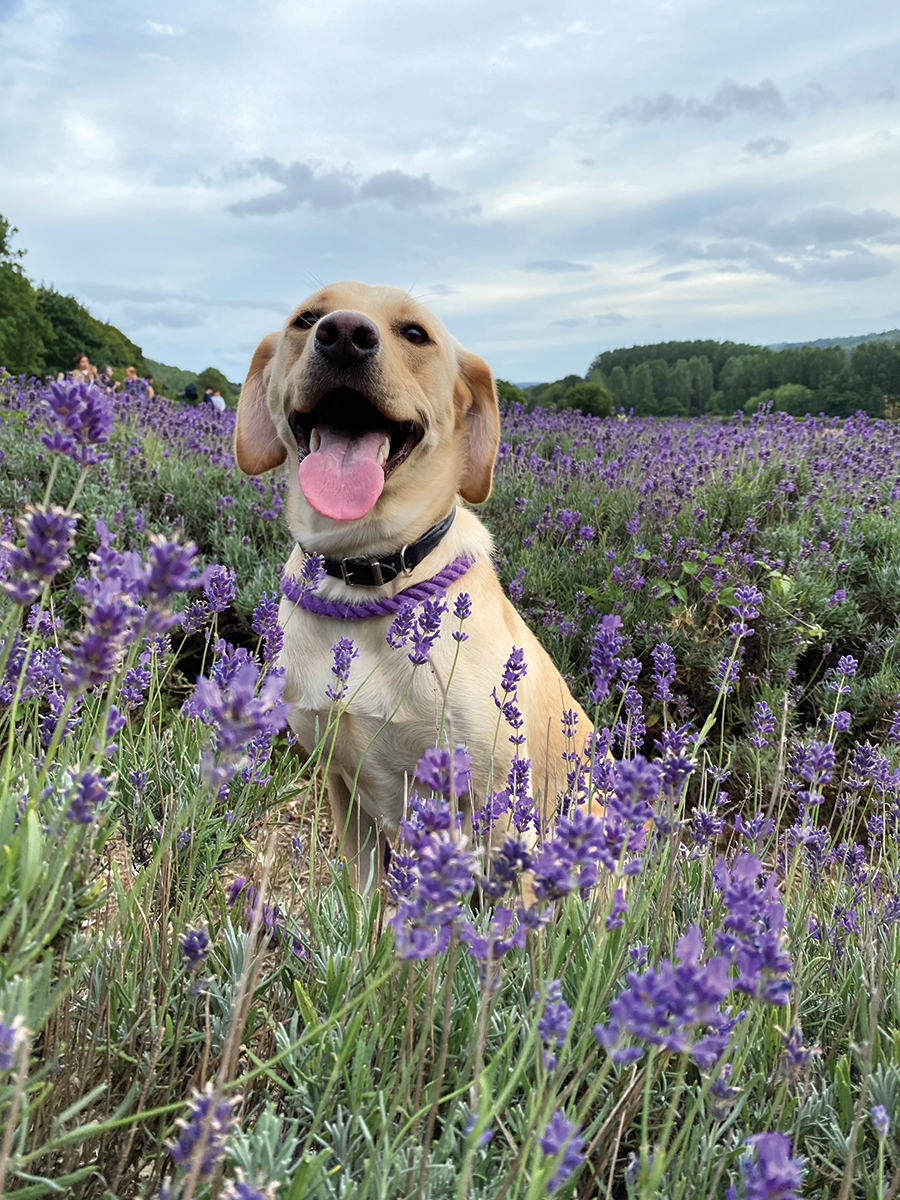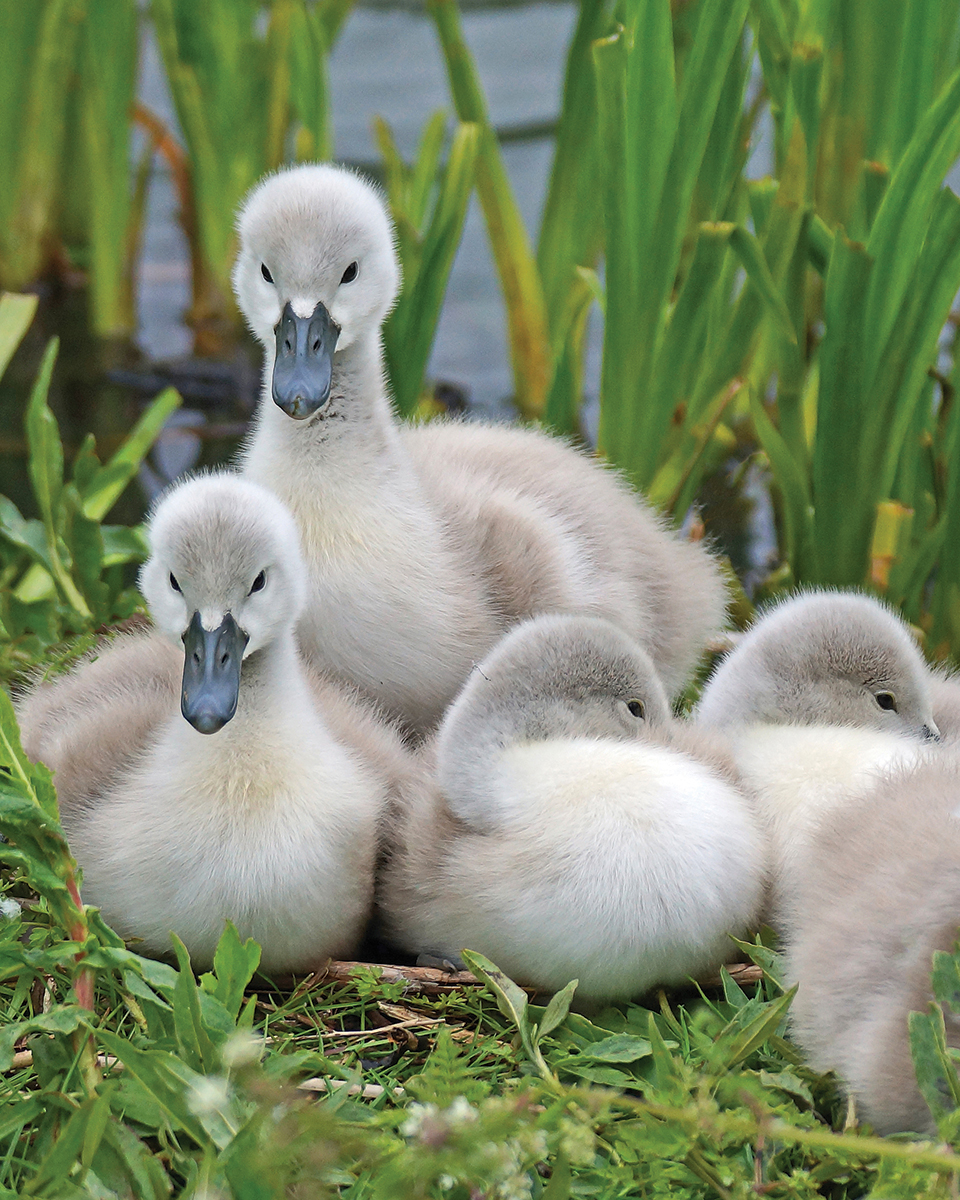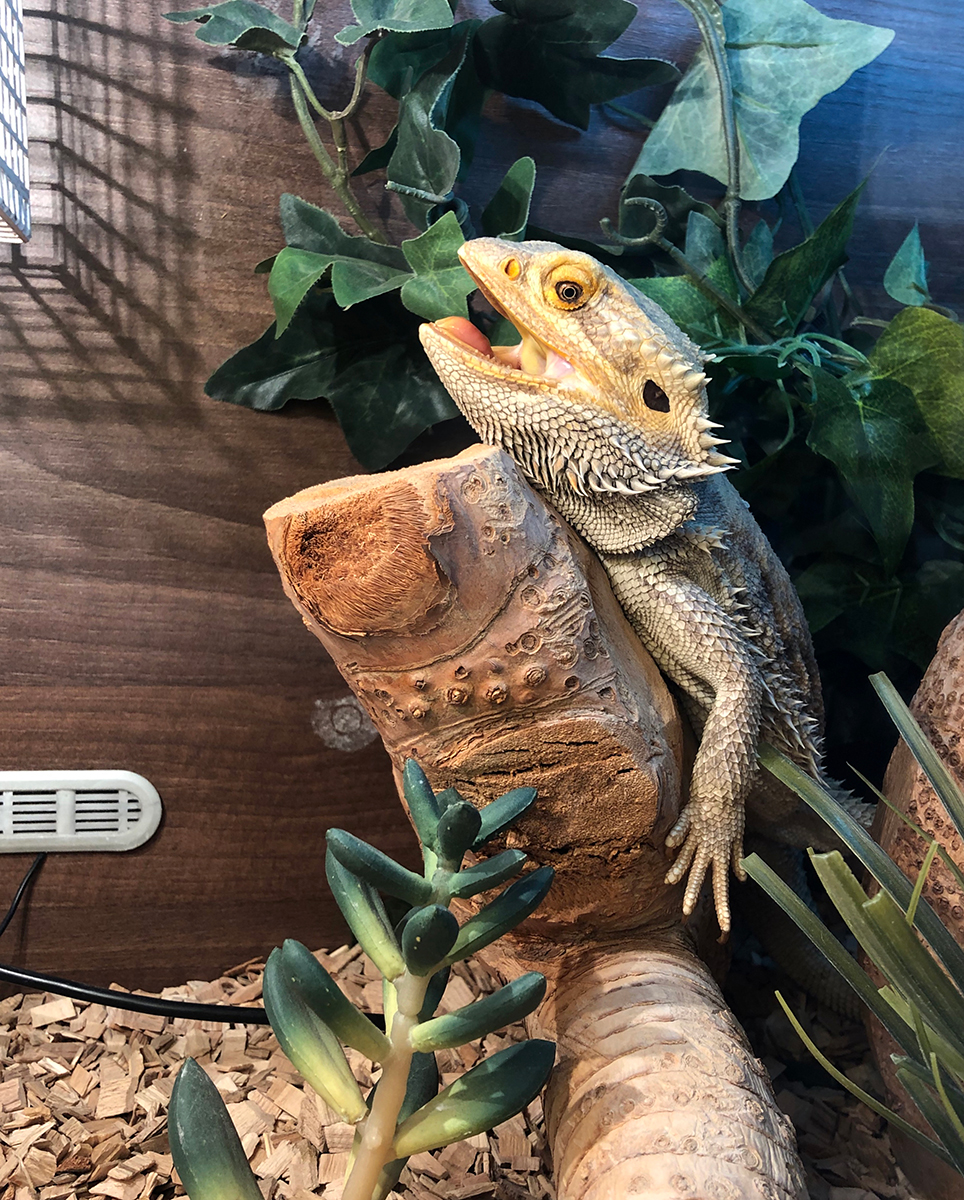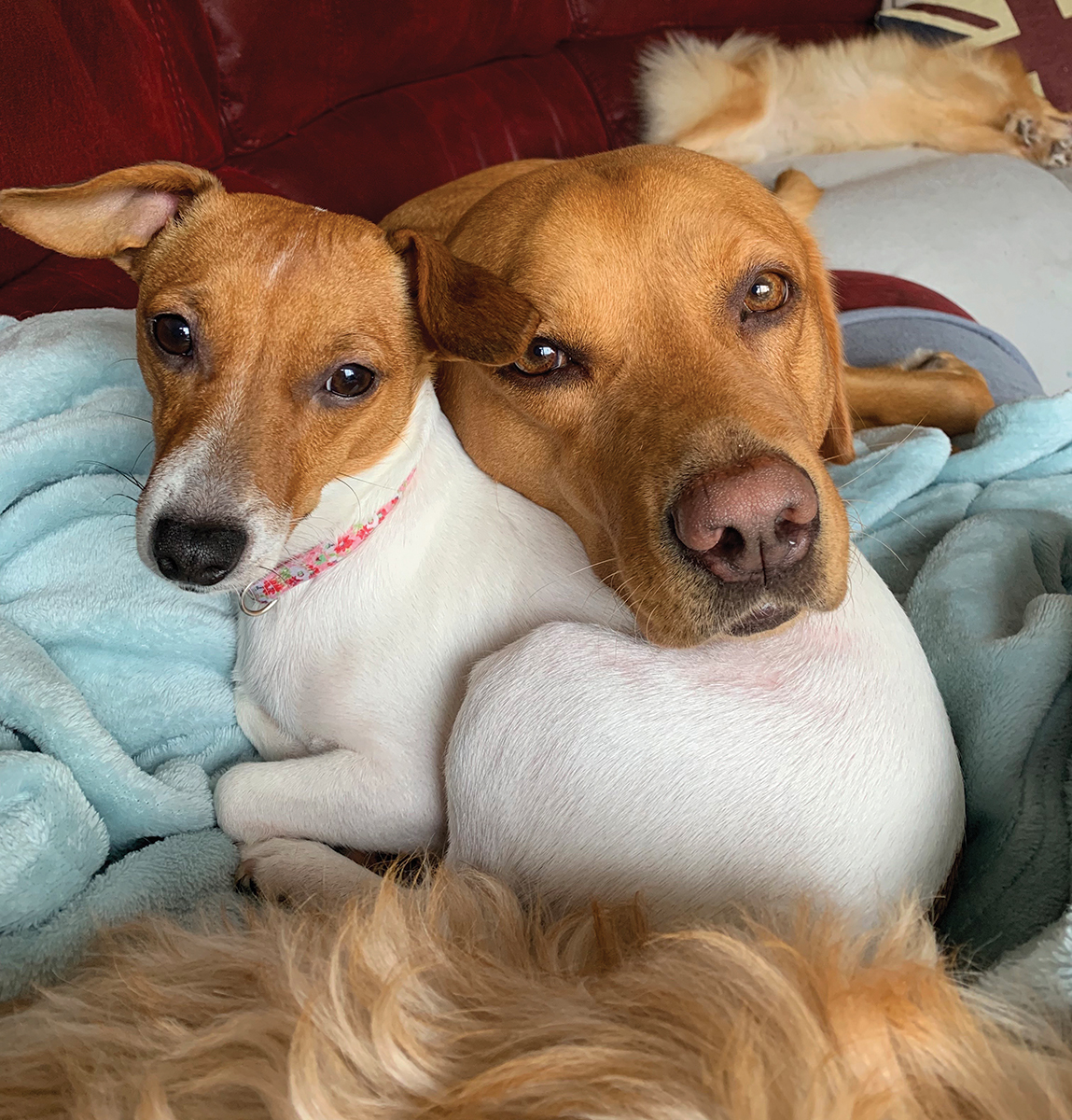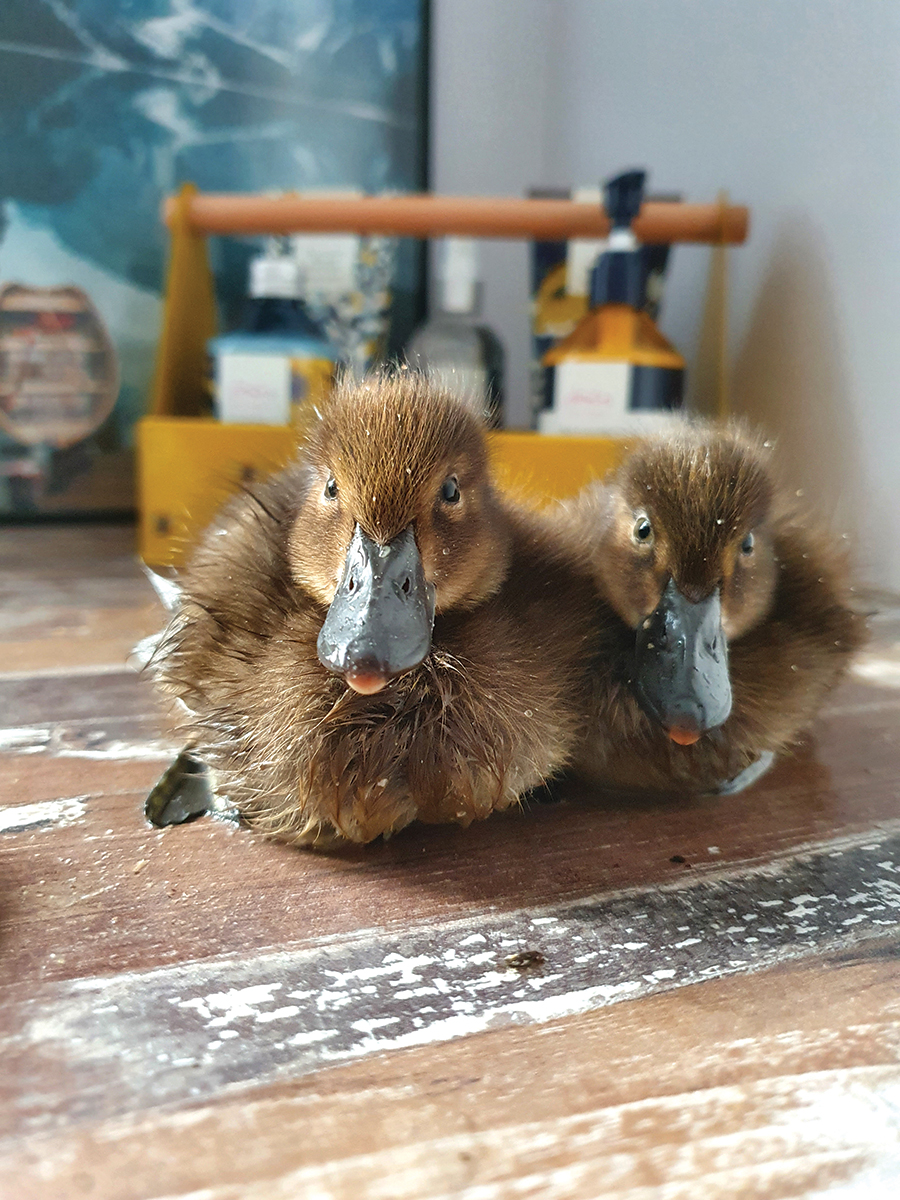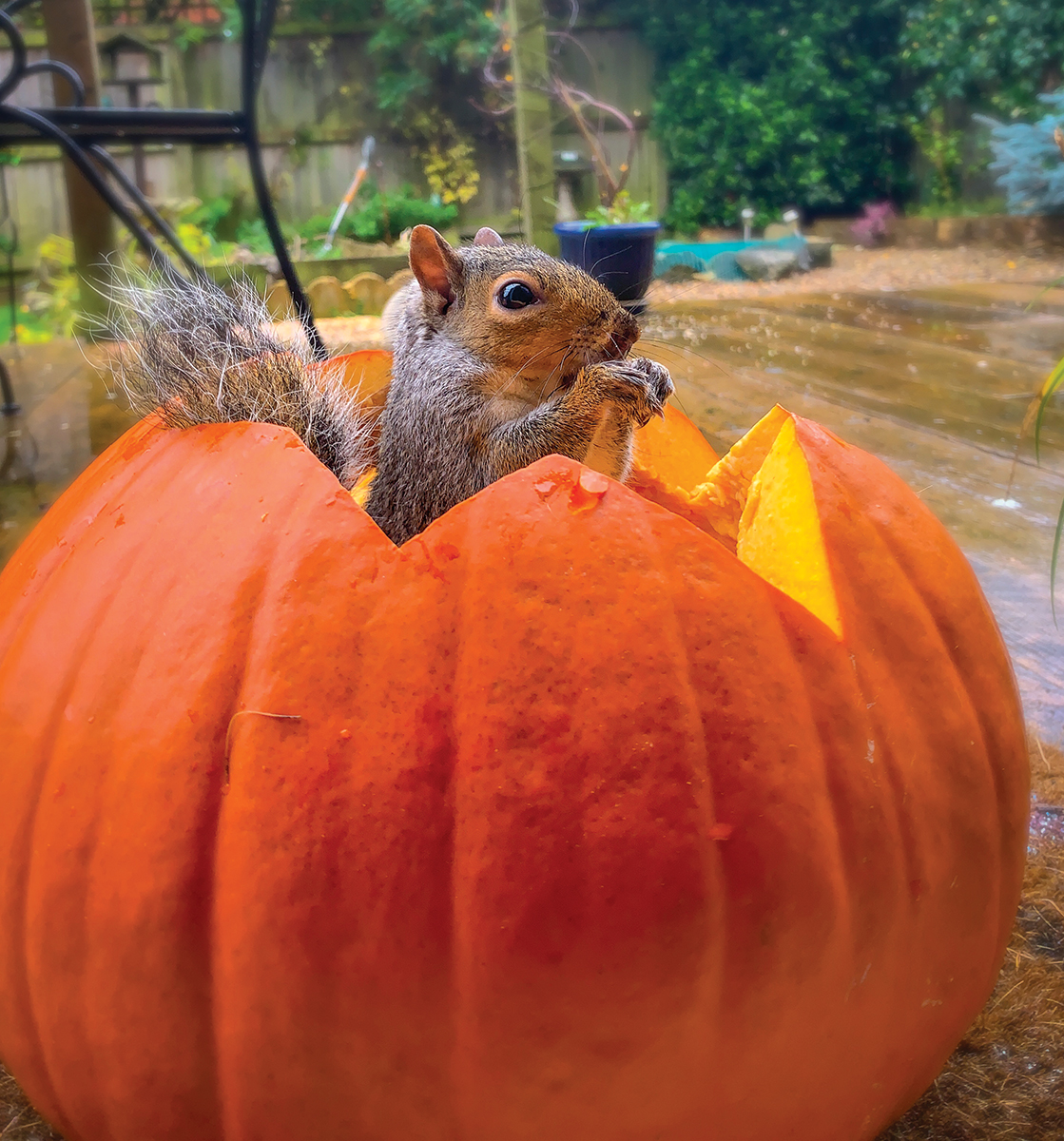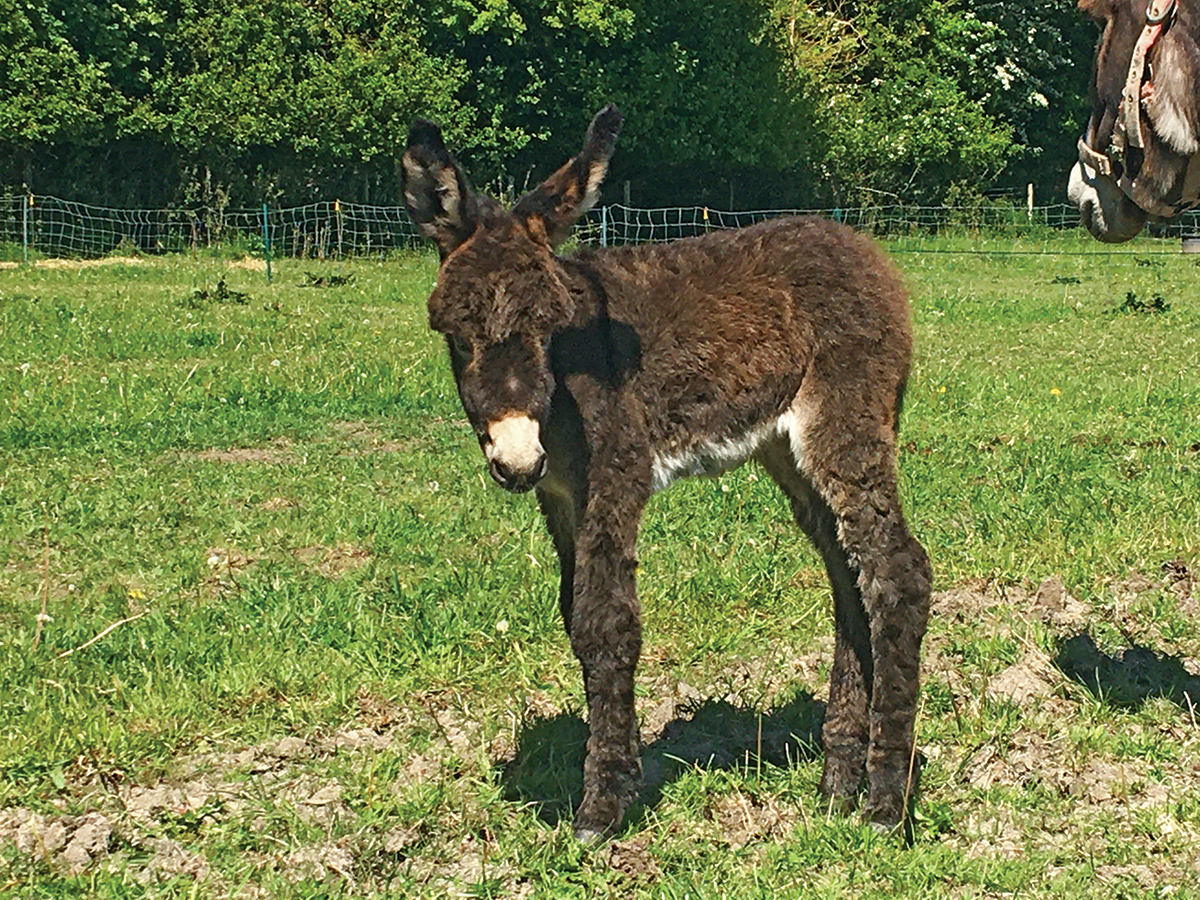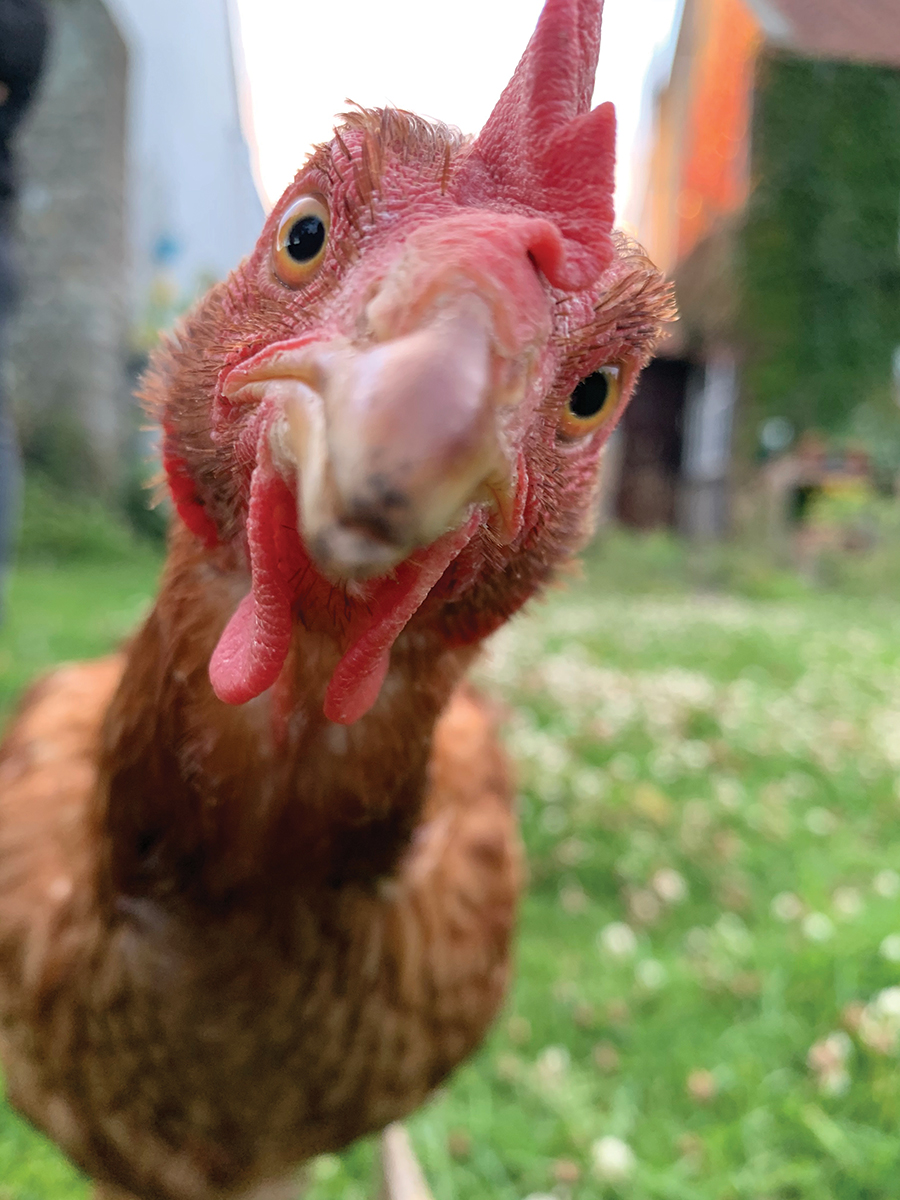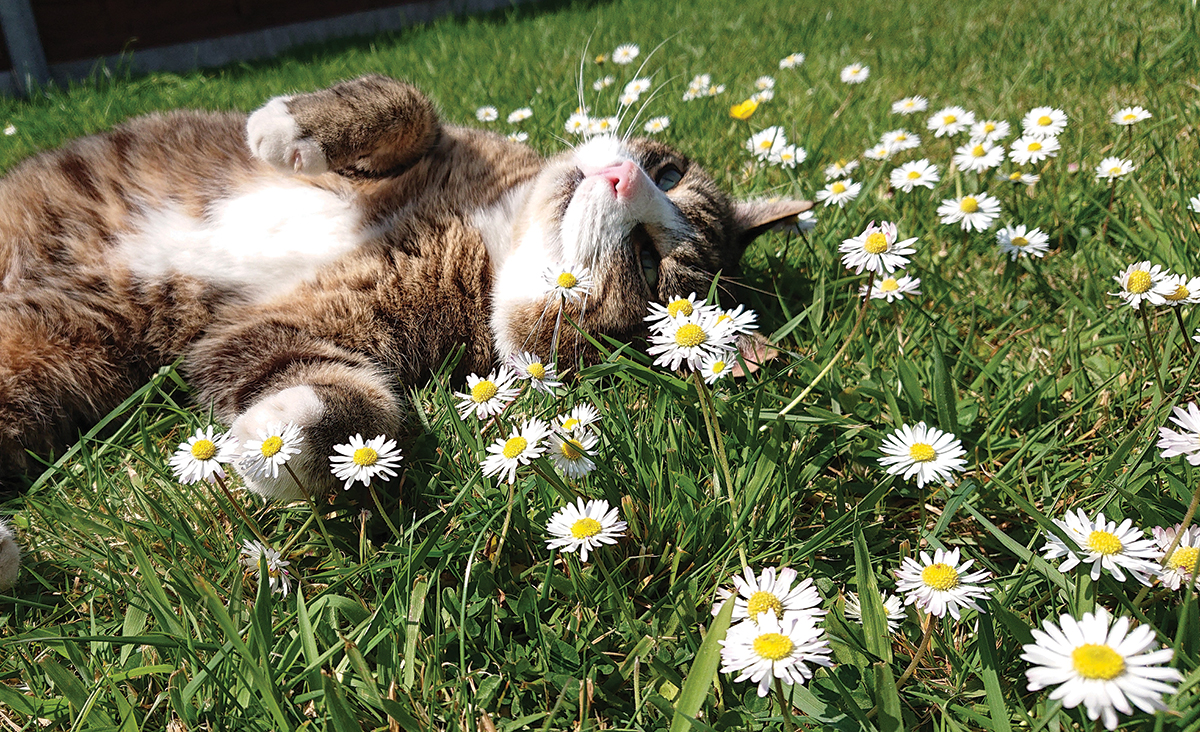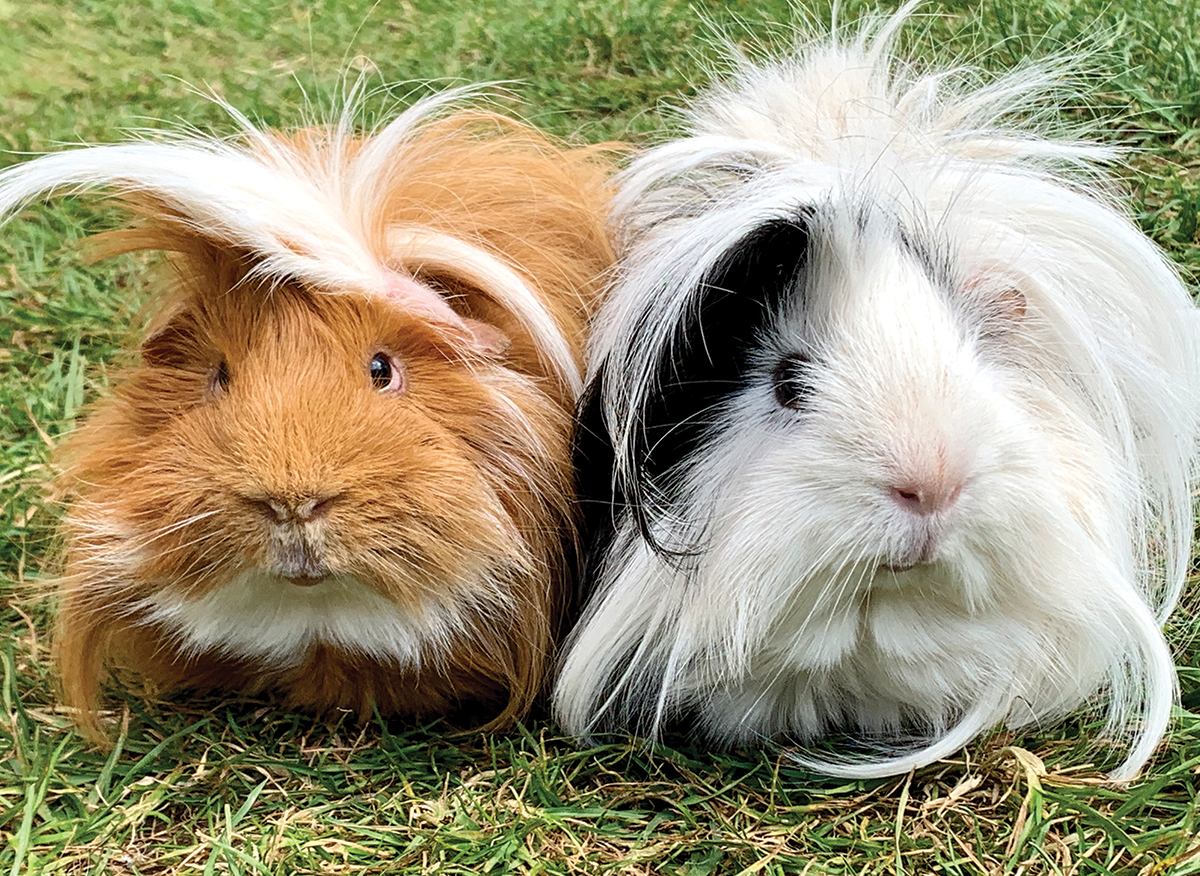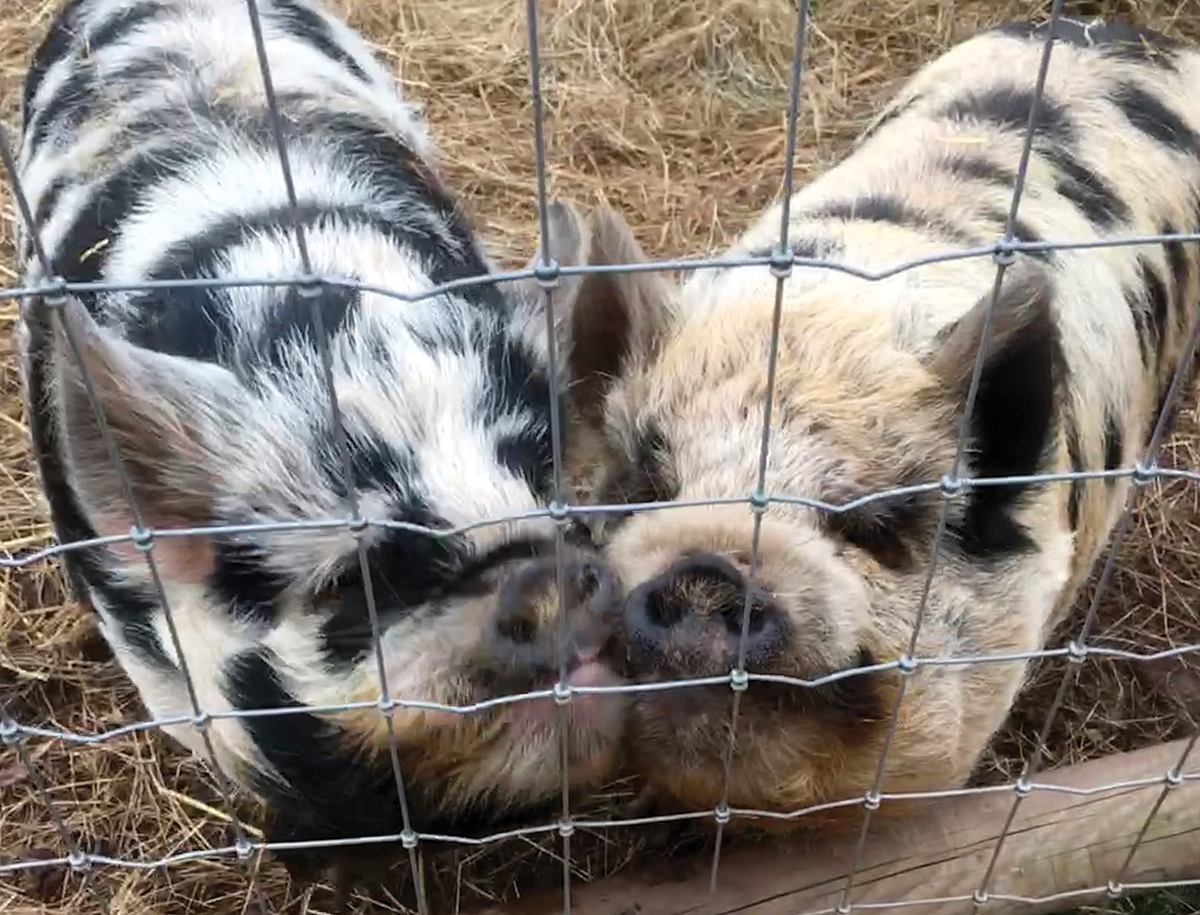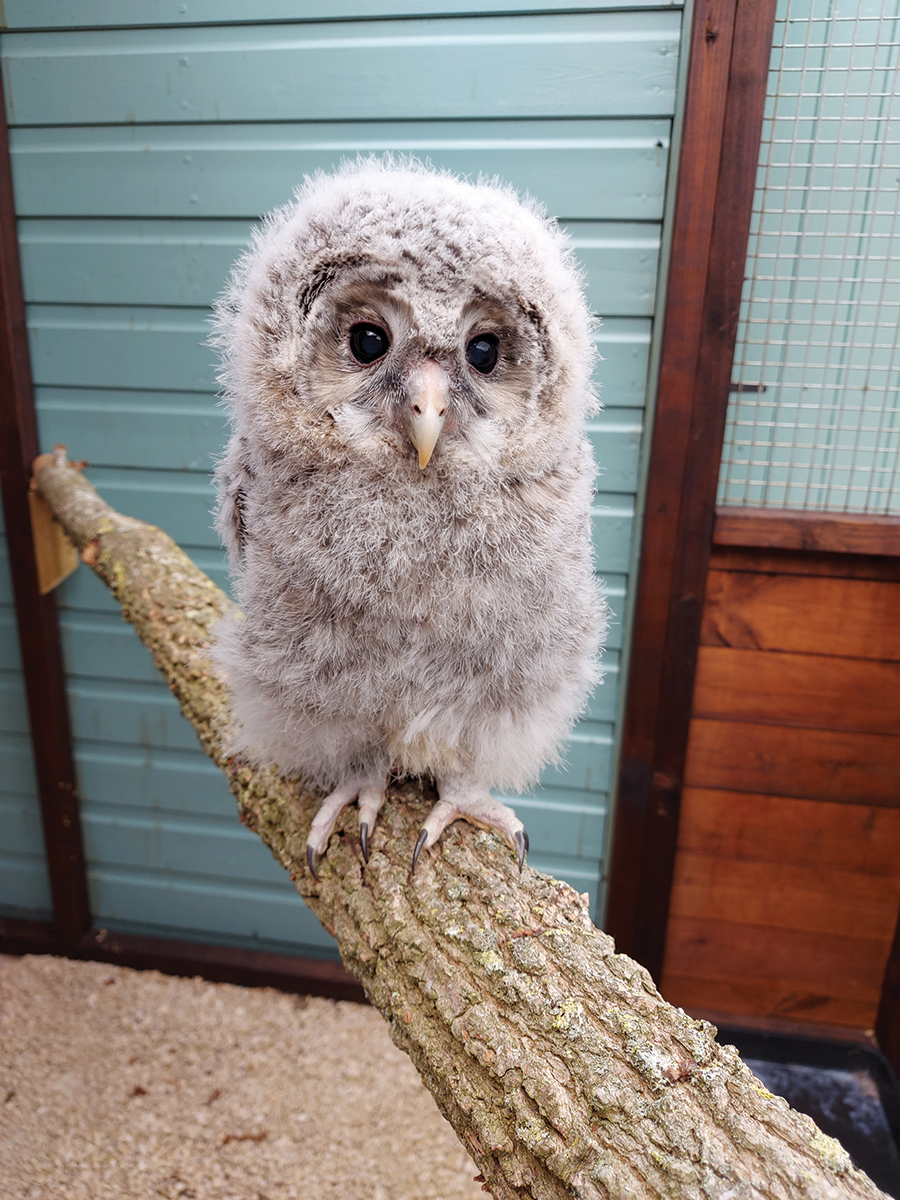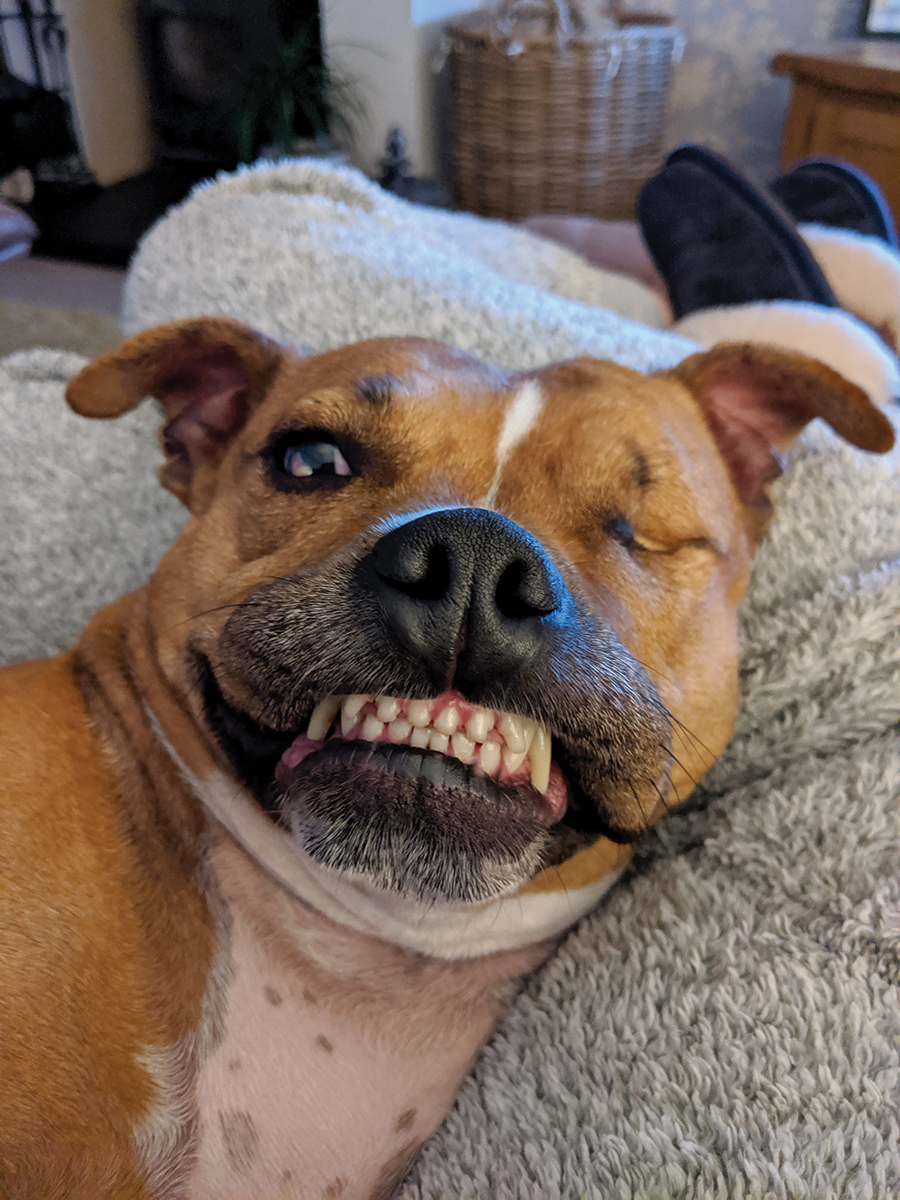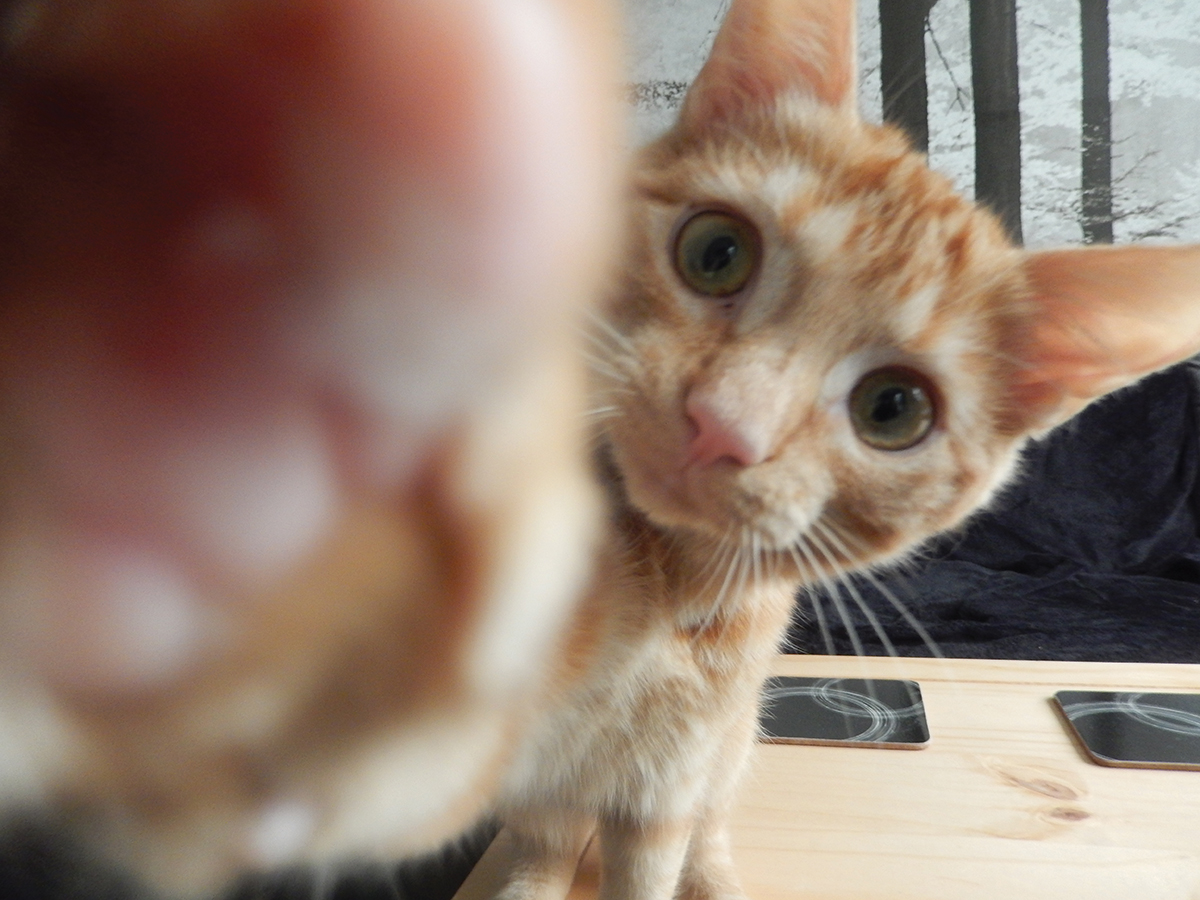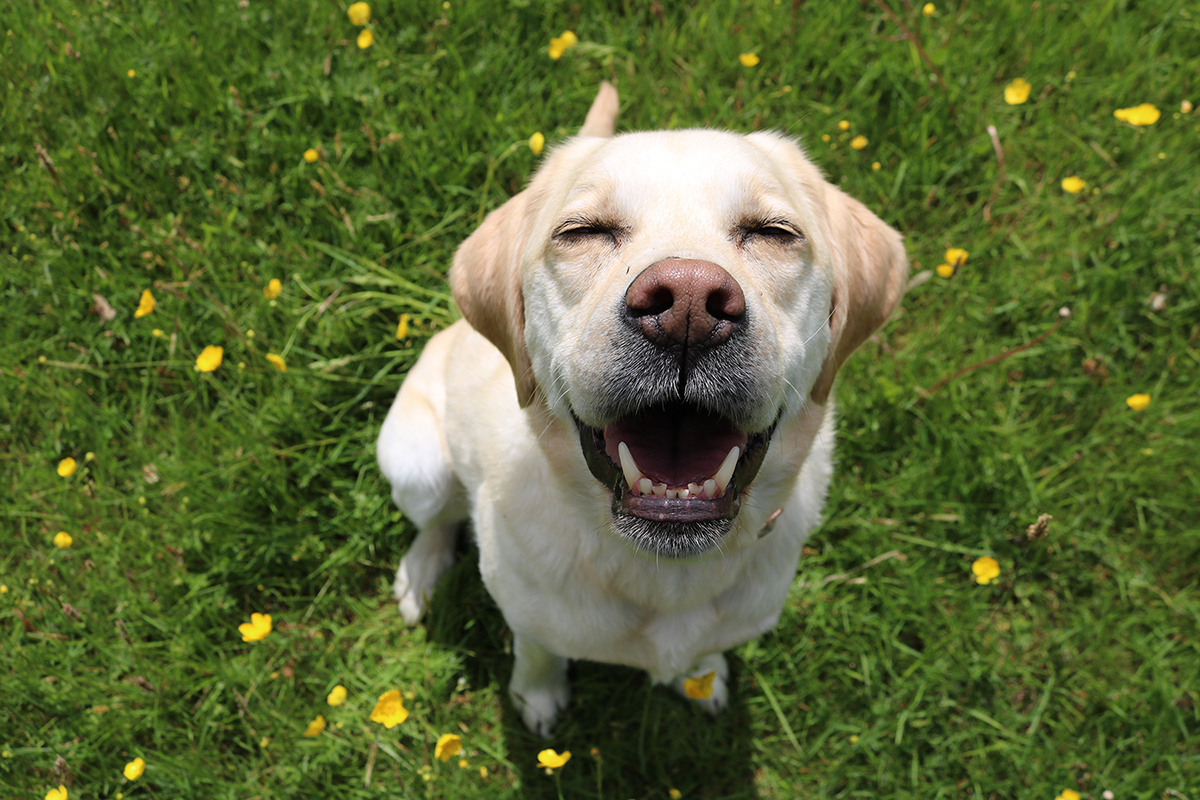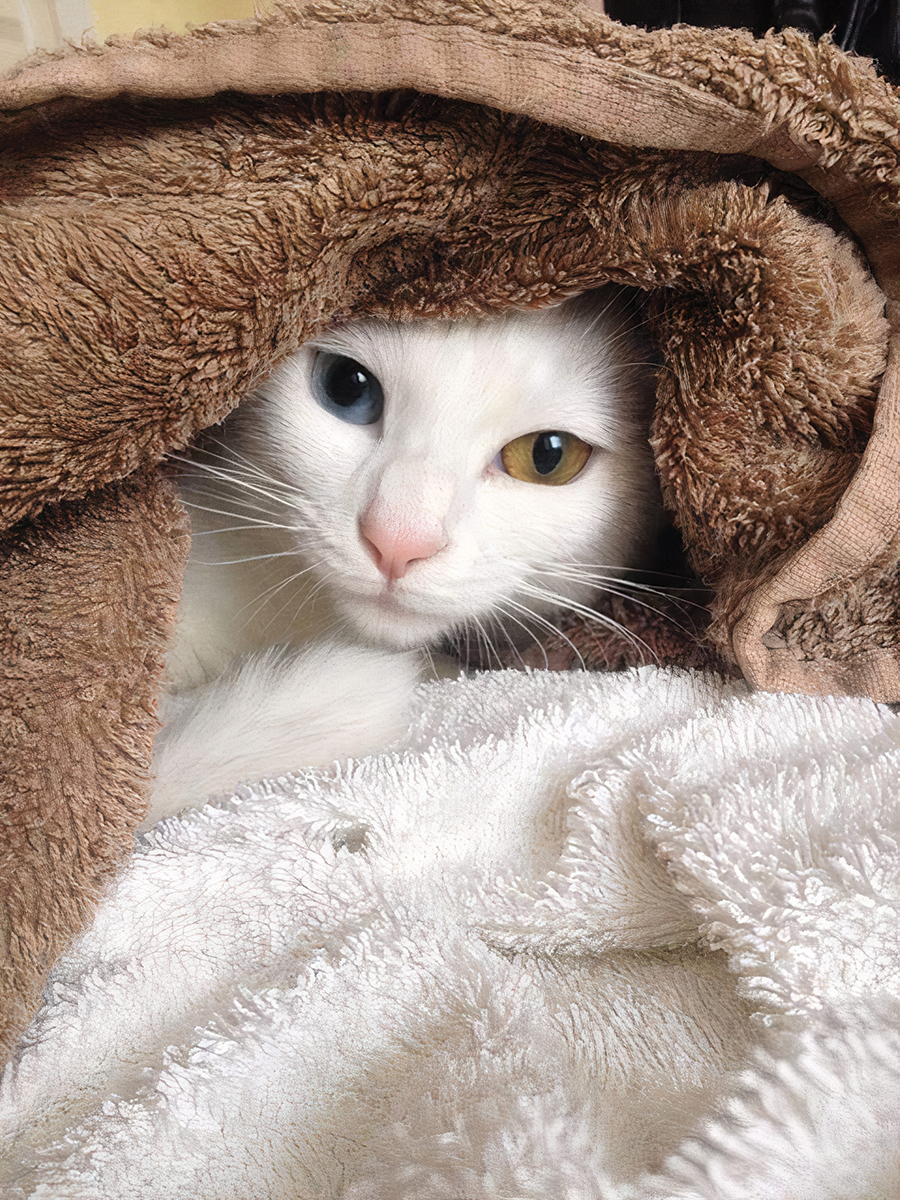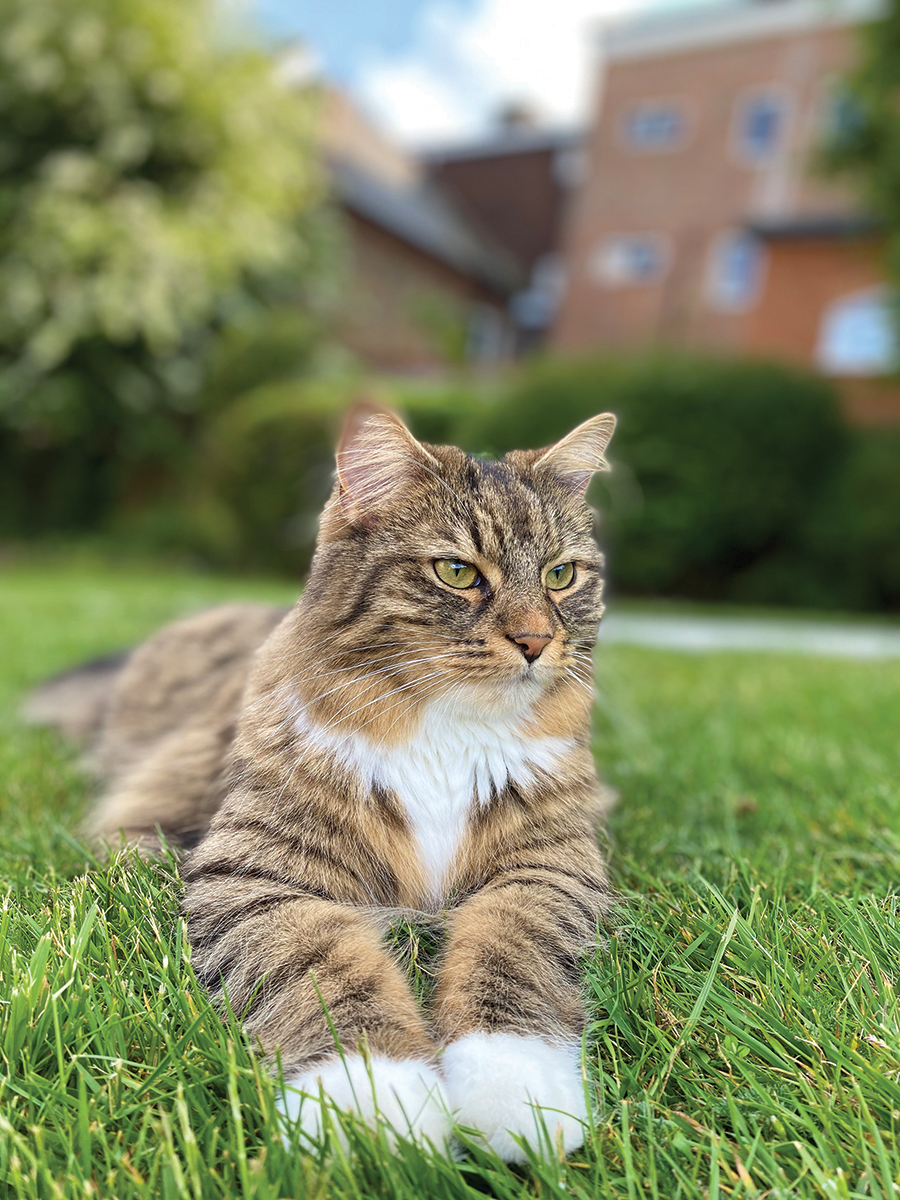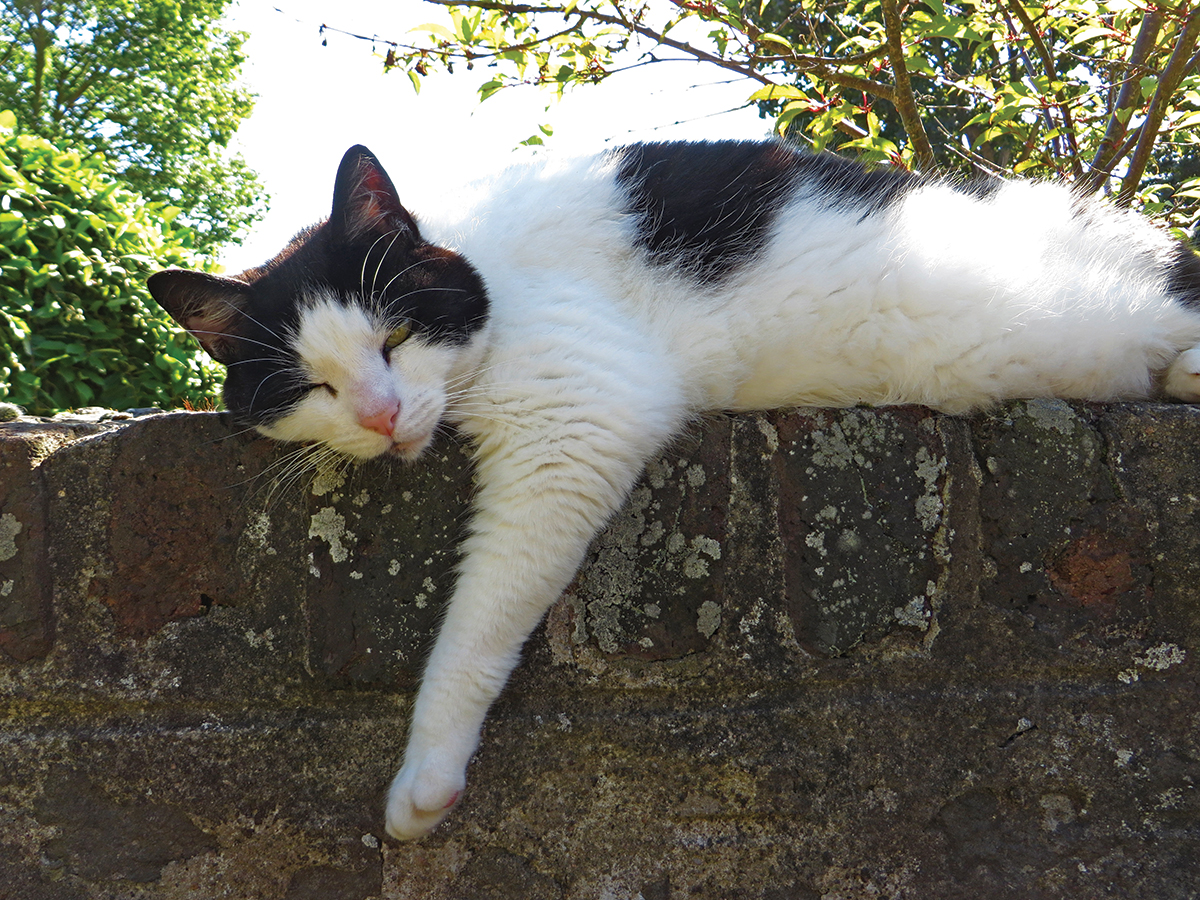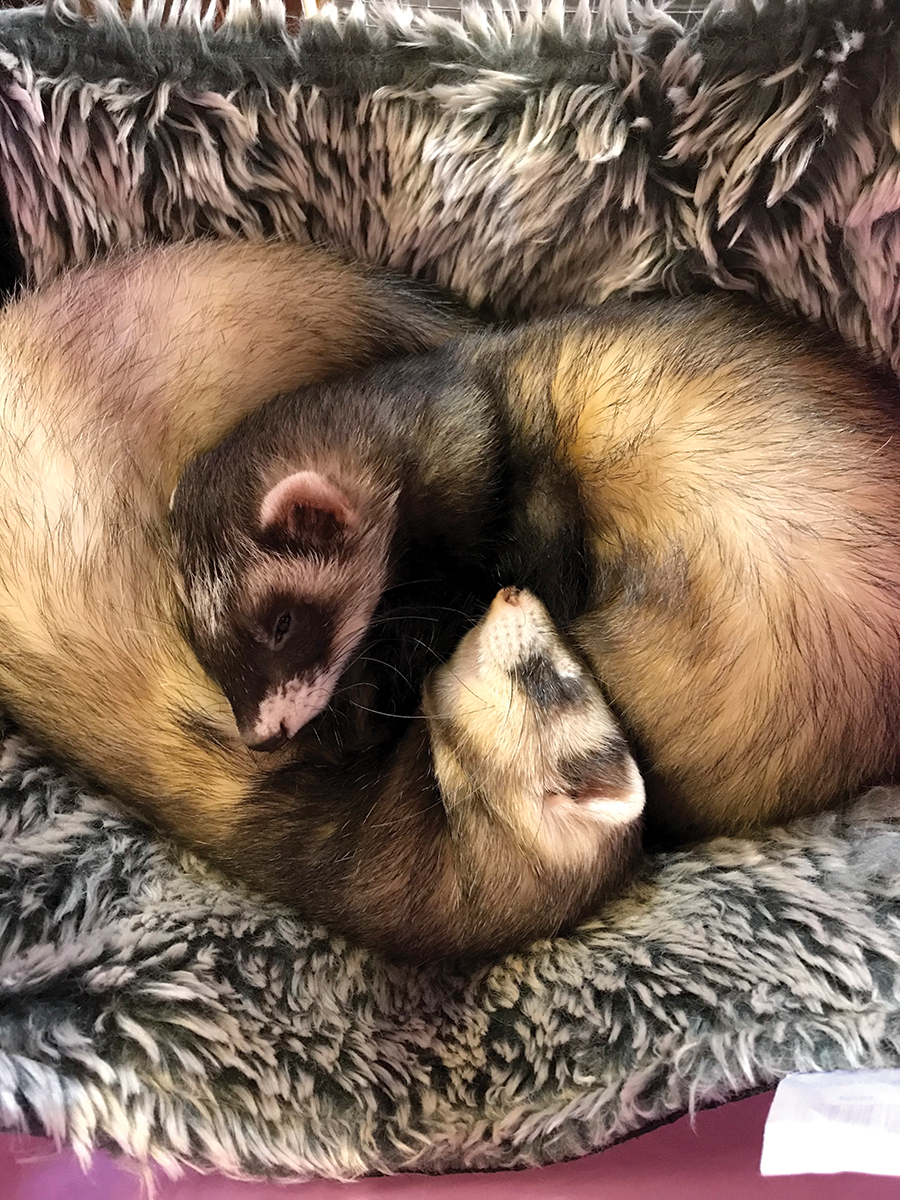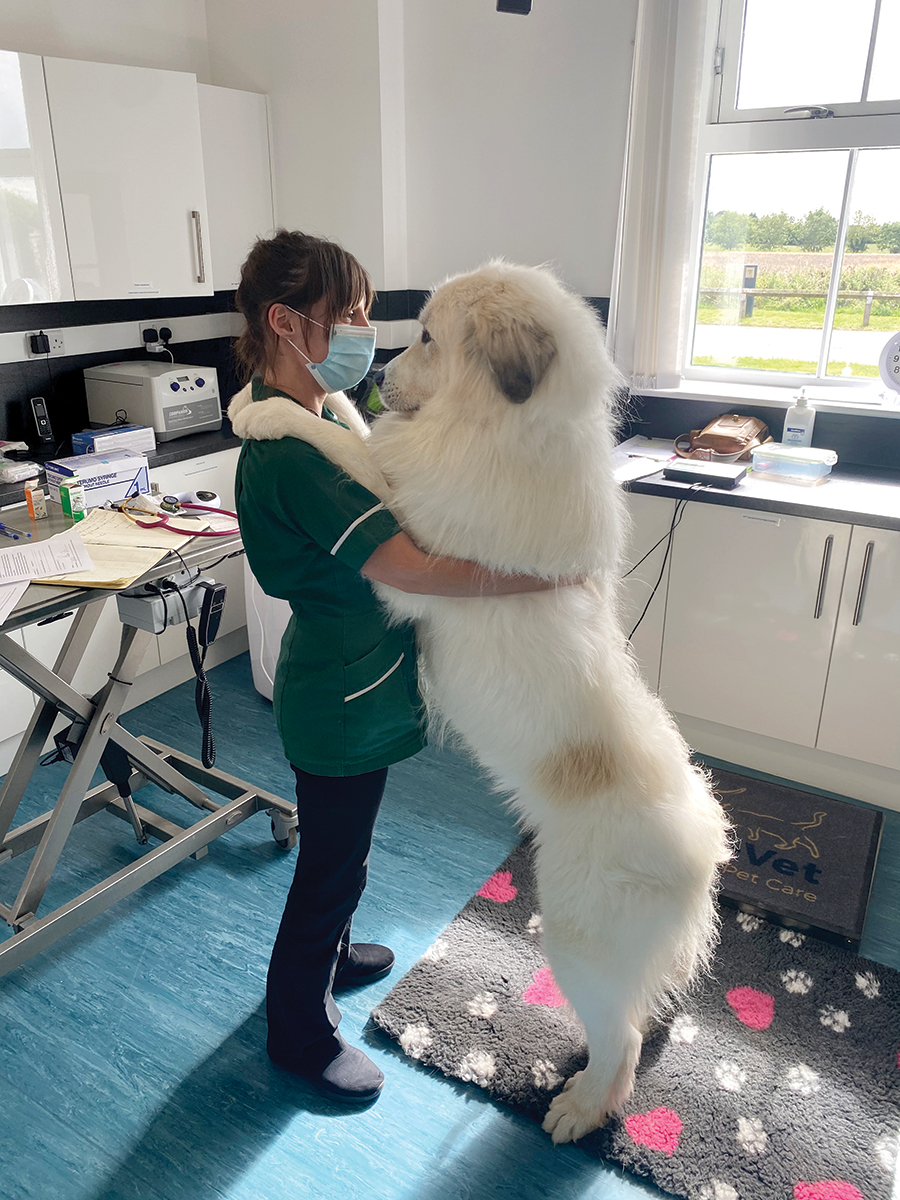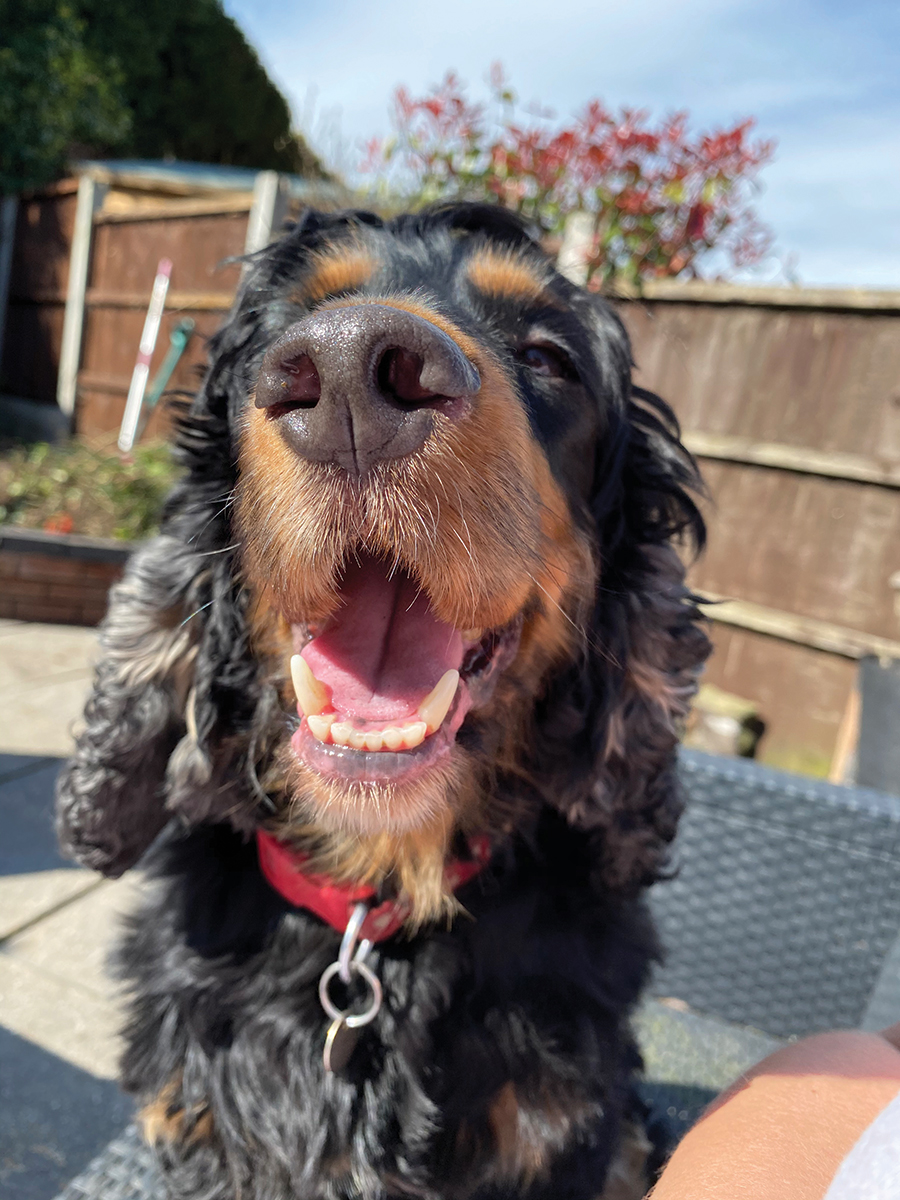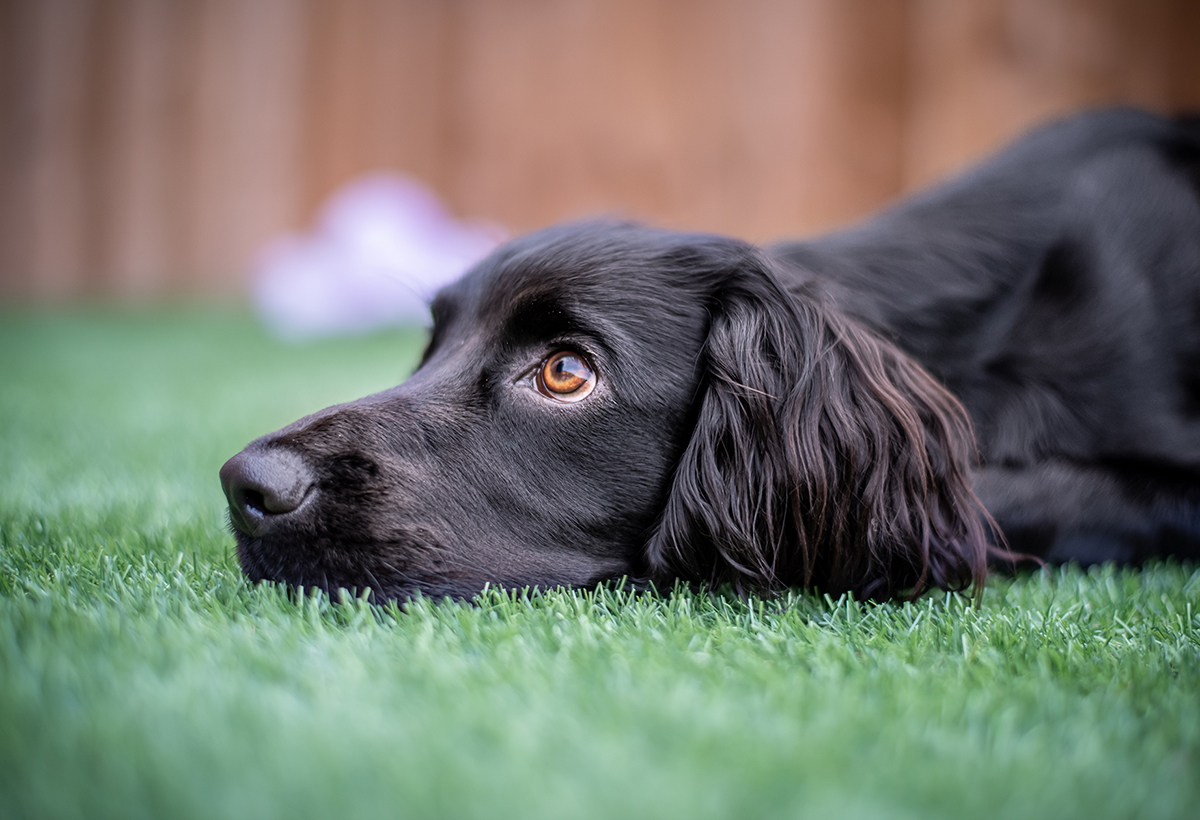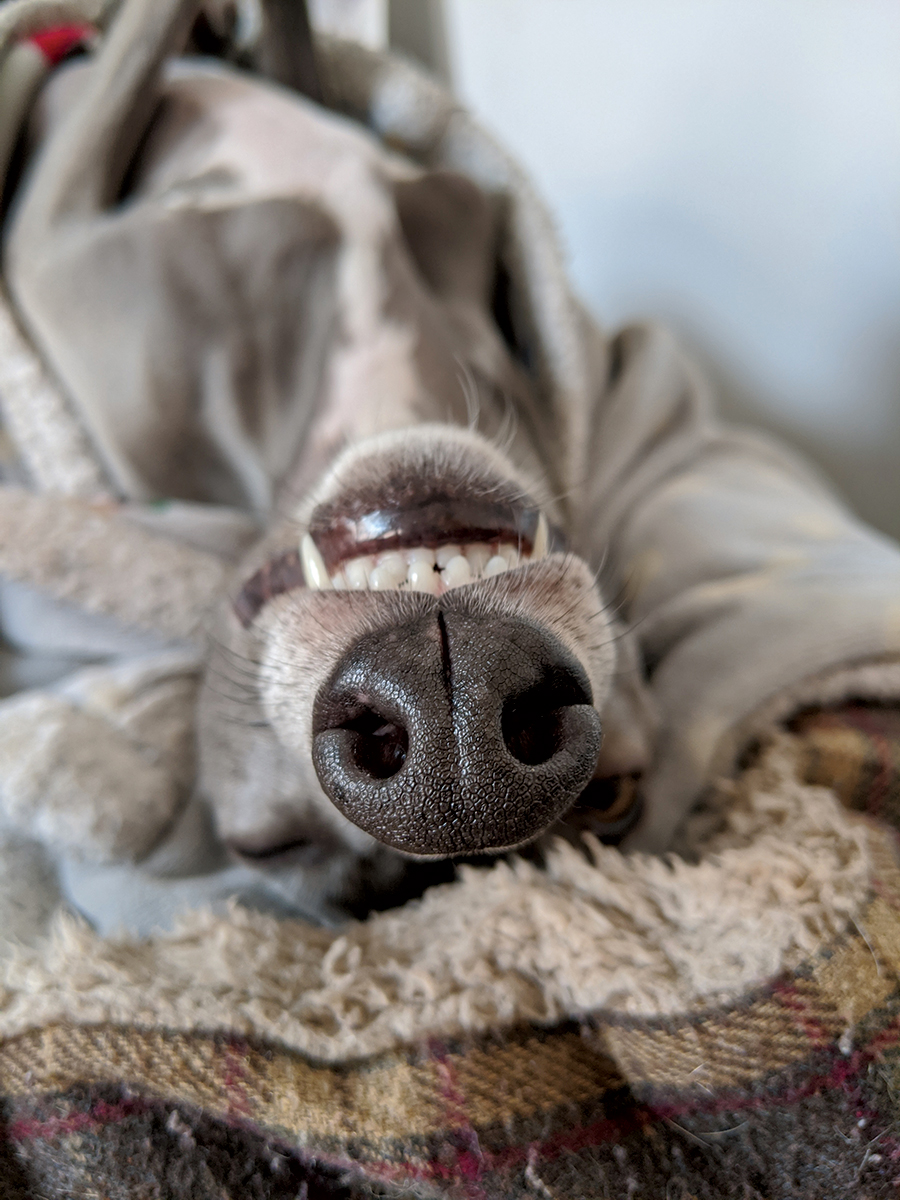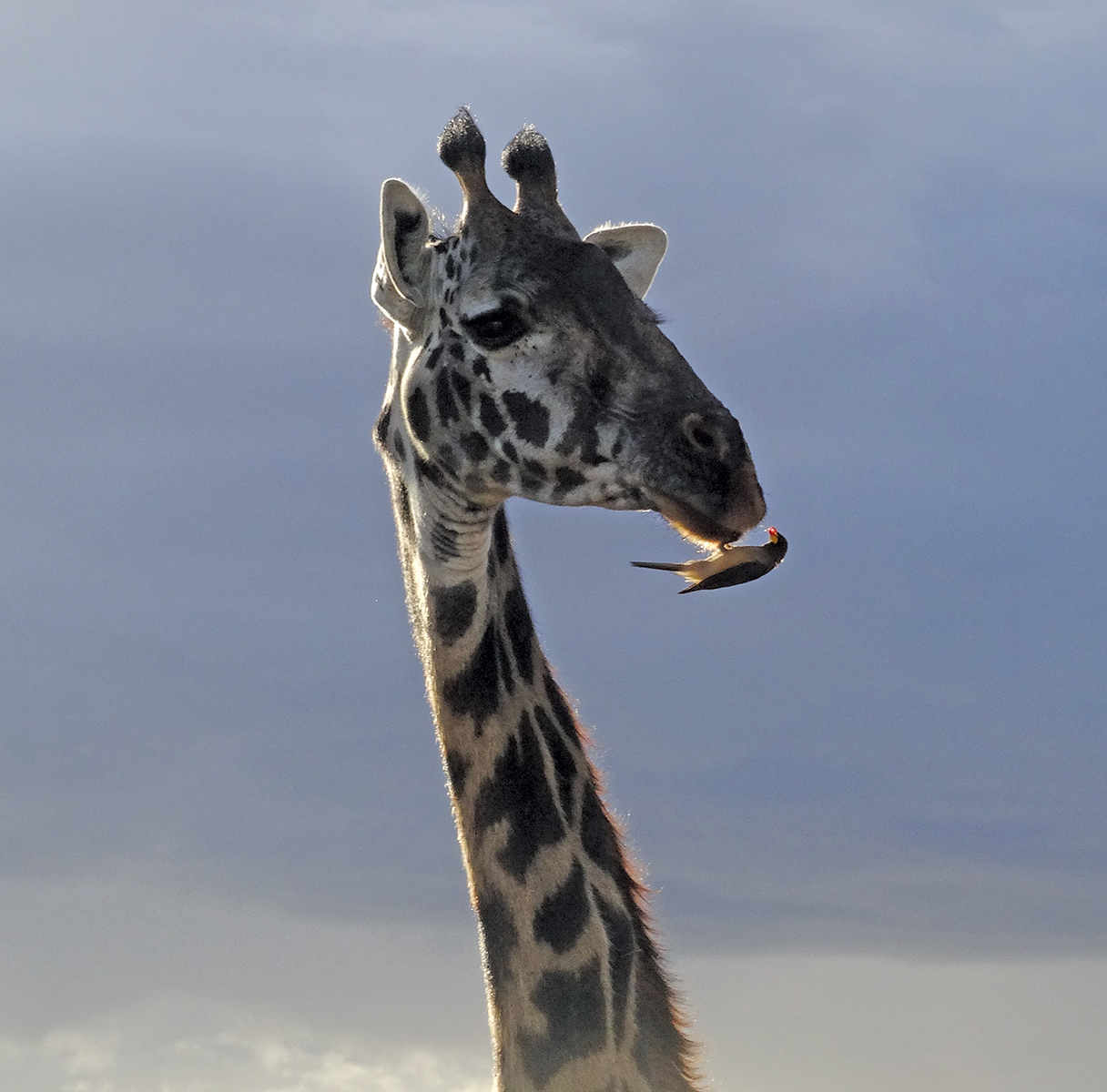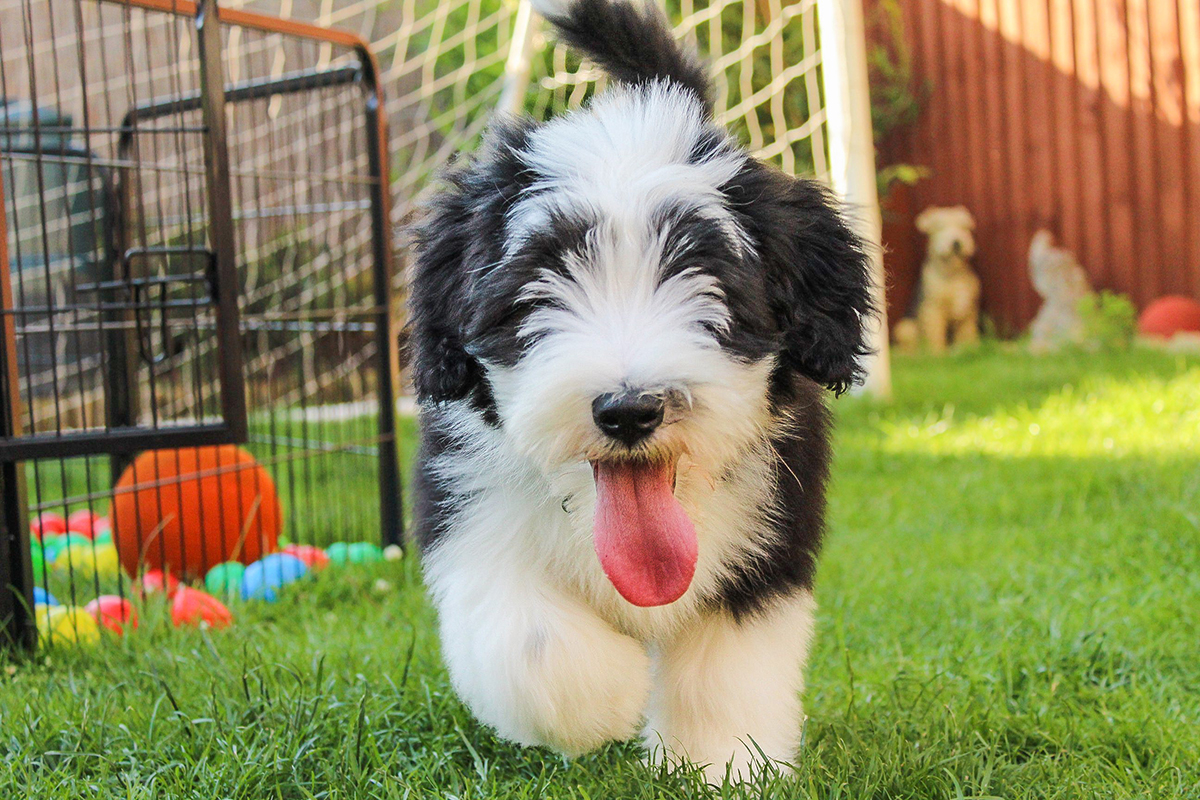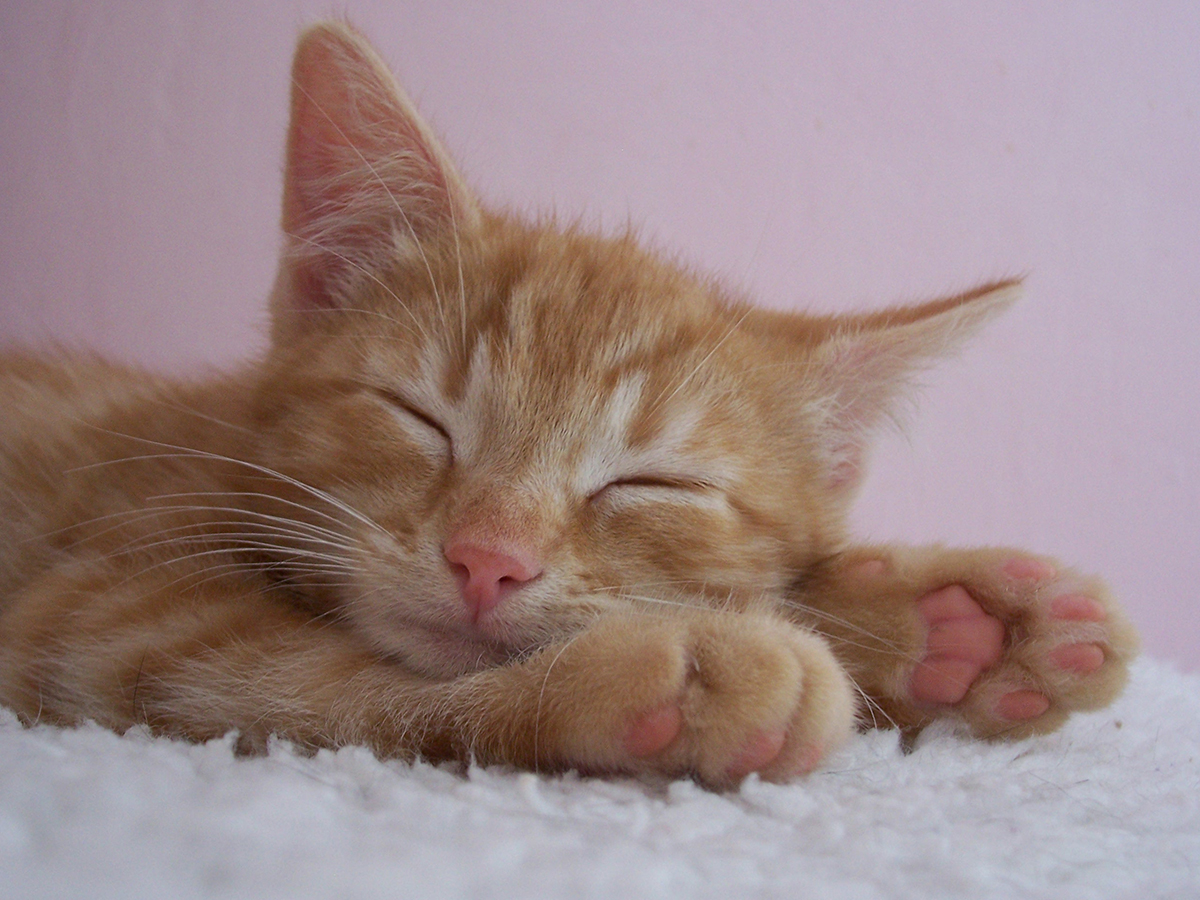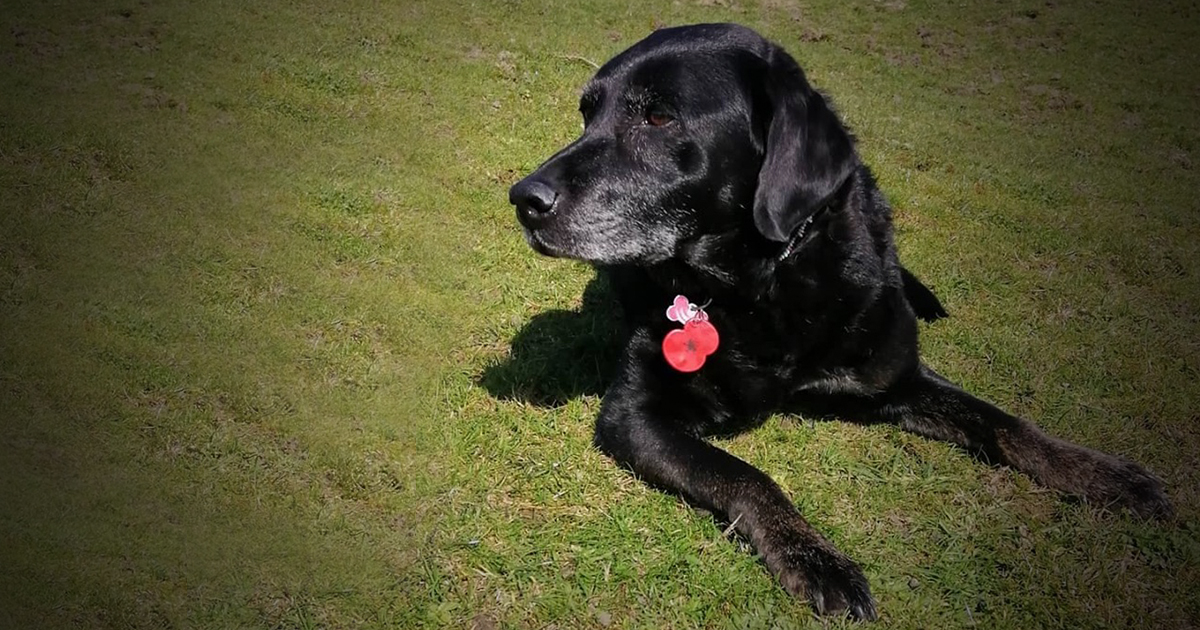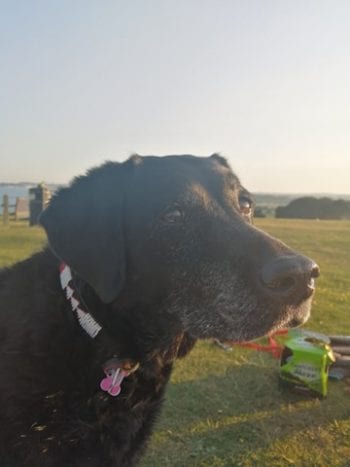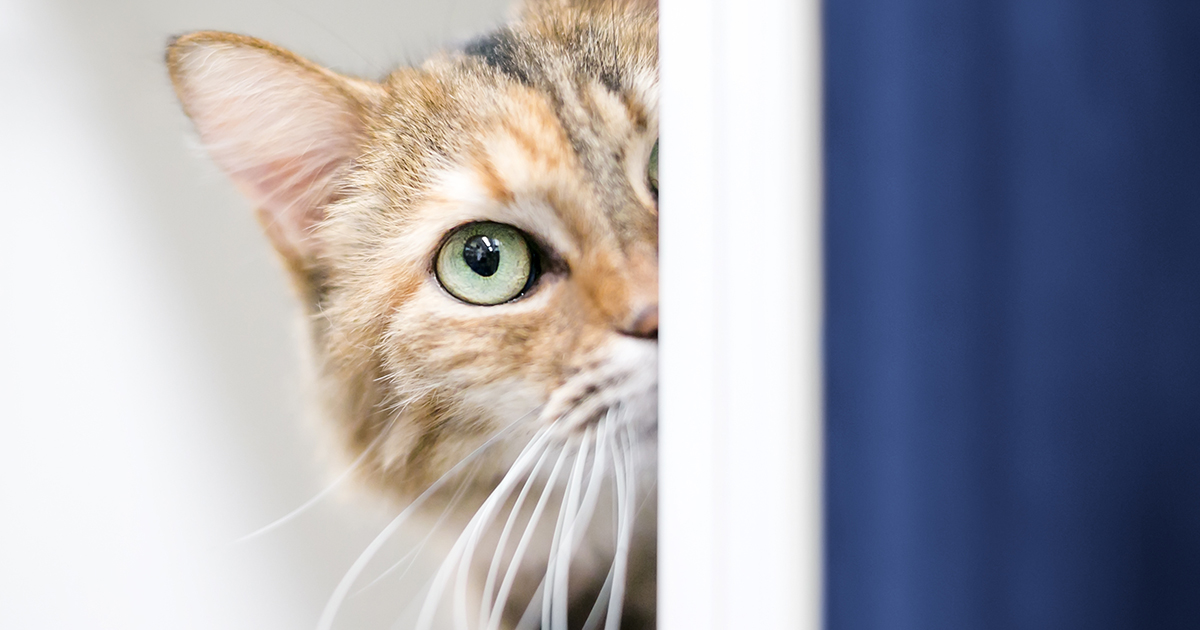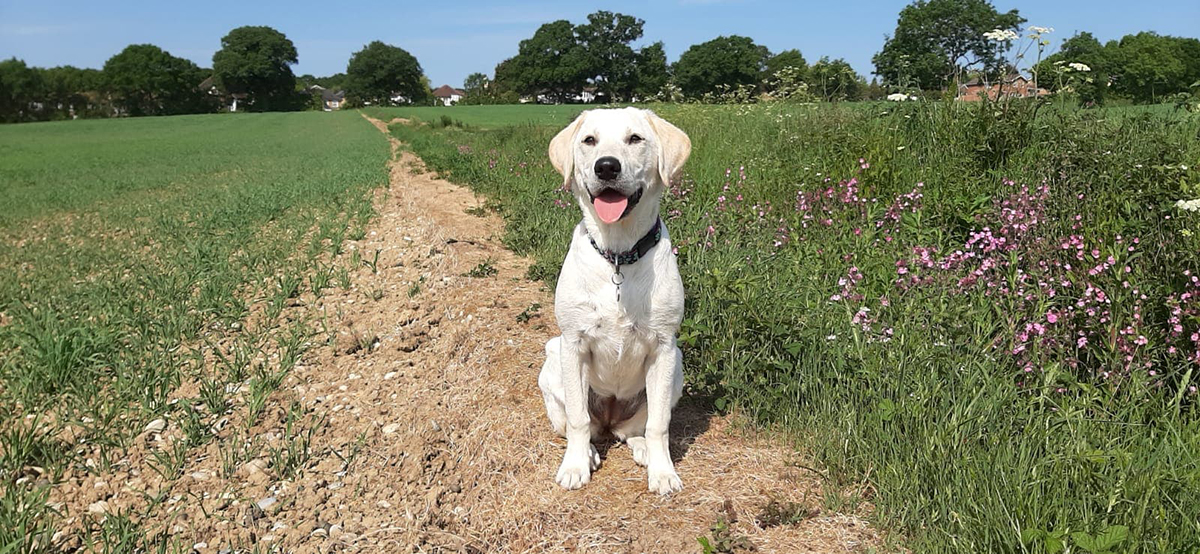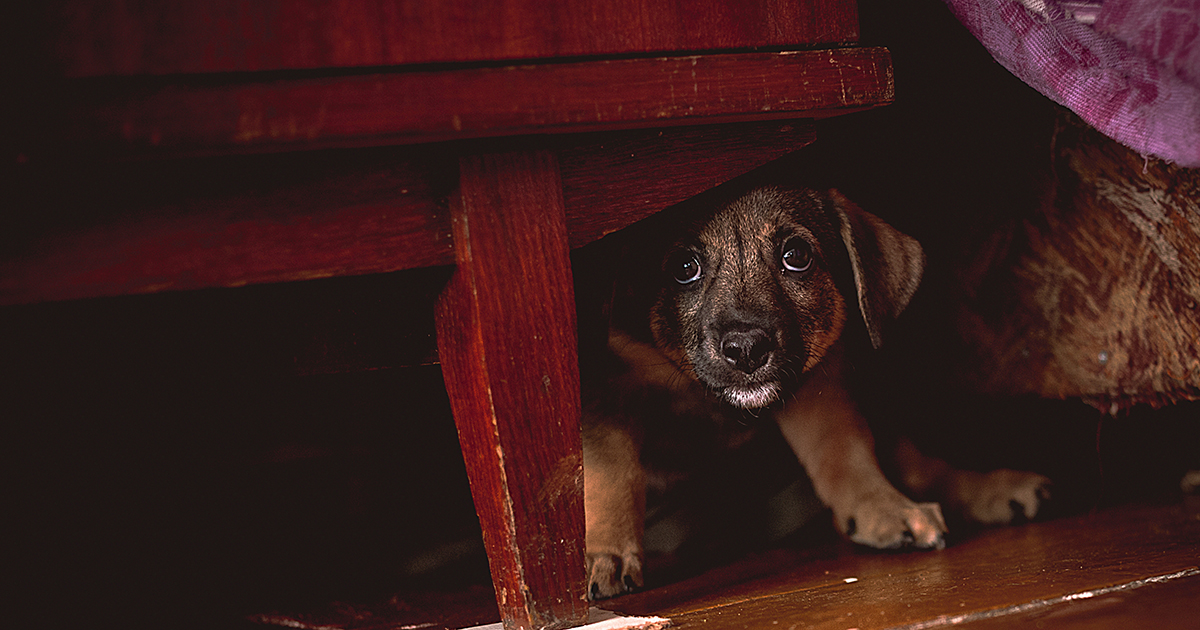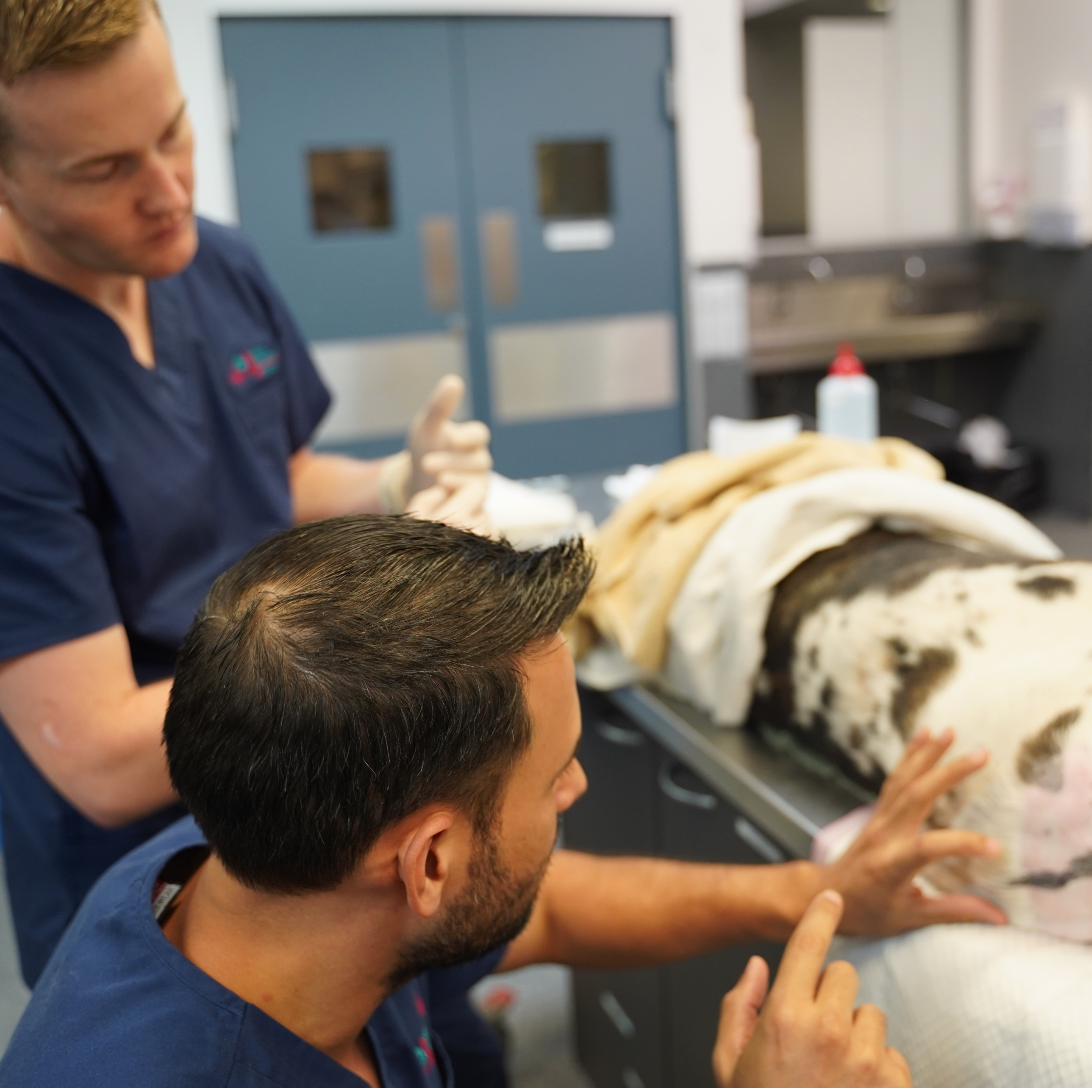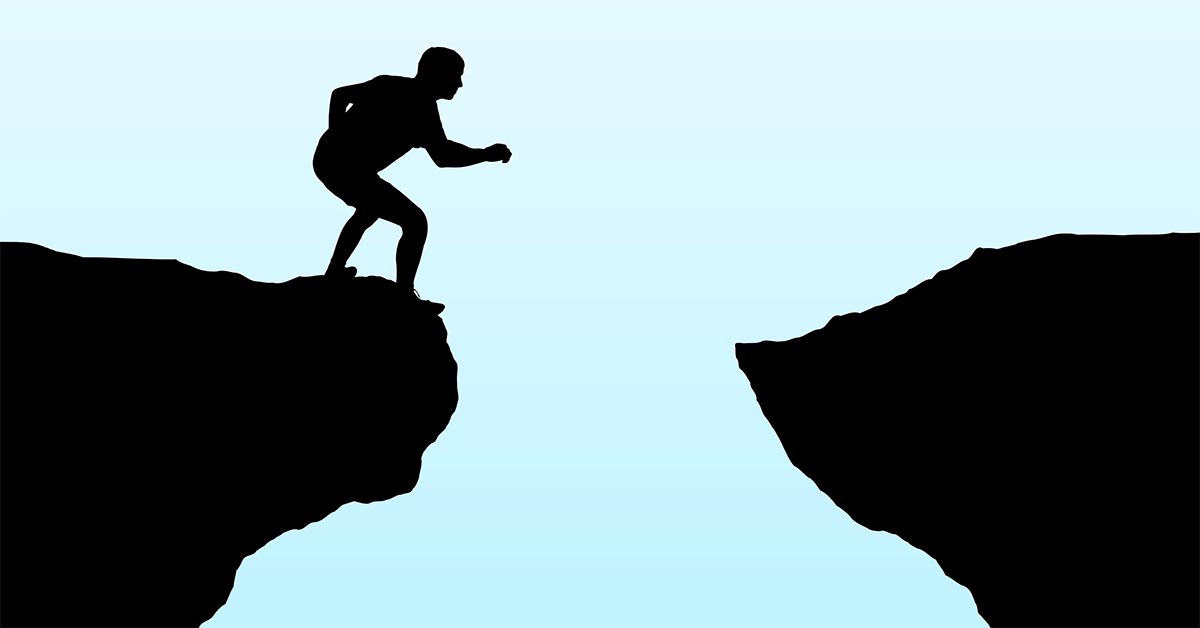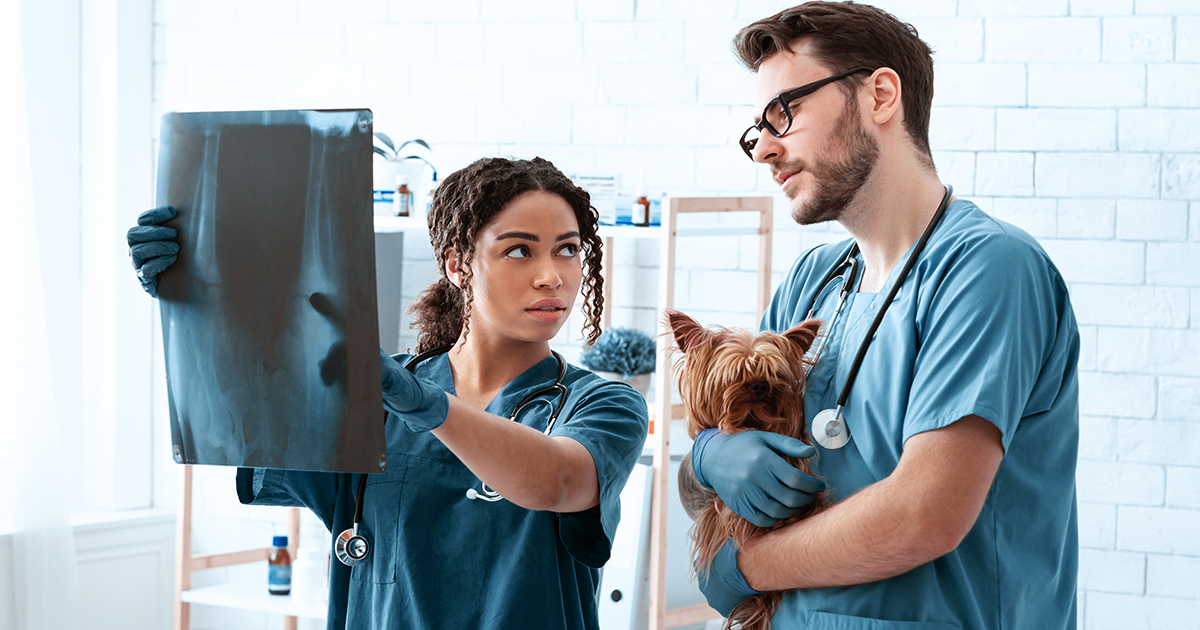This year has thrown a lot of annual landmarks into disarray, and A-levels were no exception; my heart went out to all the students this month whose results days did not go entirely to planned.
It has been three years since I went, heart in mouth, to receive my own dreaded envelope.
Even when I’d already learned that I’d been accepted by Bristol vet school just an hour before, it didn’t feel real until I saw those grades for myself on a physical piece of paper, so I can only imagine the anguish of children all over the country who did not get the same experience.
All the difference
The Government’s decision to roll back the downgrading of thousands of A-level results has left me grateful and relieved, because the fact of the matter is, if I had been sitting in the class of 2020 rather than that of 2017, I don’t think I would have made it to where I am now.
Back in 2017, I received D grades in both my mock exams for chemistry. It was a jarring experience and pushed me to dedicate all my efforts into getting the A grades I needed for when it really counted.
Without the patient, supportive and hands-on help I received from my teachers in the months between my mocks and the real exams, I would never have gotten that A. If you asked me to get the same results without that support, and through the stress and uncertainty of a global pandemic, I think I may have burst out crying.
Meaningless mocks
The thing to keep in mind is, I don’t think that second scenario would have made me any less capable of being a veterinary professional, yet I would have been denied that future.
This article is not meant to be political because, of course, no perfect solution exists; for a time as unprecedented as this, there could never possibly be one. I can, however, tell you that, using my own past as evidence, mocks no more define a student’s ability or aptitude than GCSE or A-level grades define that student.
The difference between a B and an A can be as simple as a good or bad night’s sleep before an exam, the ability to afford a tutor or the home life a student returns to even after the best day’s schooling in the world.
Diversification
Another reason I’m so glad for the Government’s change of heart is because I wholeheartedly believe that every course and profession – especially professional ones like veterinary medicine – is bettered and made stronger by having a diverse body of people from a variety of backgrounds.
The veterinary course is sometimes accused of being “elitist” – I think because of the work it takes to even gain an interview. When you factor in travel costs, work experience opportunities and academic support, the door becomes closed to more and more people.

What makes a vet?
I have also spoken before about how I don’t believe academic ability is all that it takes to make a good vet.
People skills, compassion, determination, resilience and a level head are all things that individuals need to take with them into any professional vocation. An understanding of science and maths is undeniably important, as is the ability to retain large quantities of information, problem solve and reason.
But if you focus on the grades alone, you only see half the person – in the case of this year, maybe even less.
Recognising value
I hope the changing grades for those with their hearts set on a place on a veterinary or human medicine course this year did not come too late. As some of the most over-subscribed courses, places are filled almost instantly.
I also hope every university recognises both the uniqueness of the times and the value of the person behind each results sheet.



